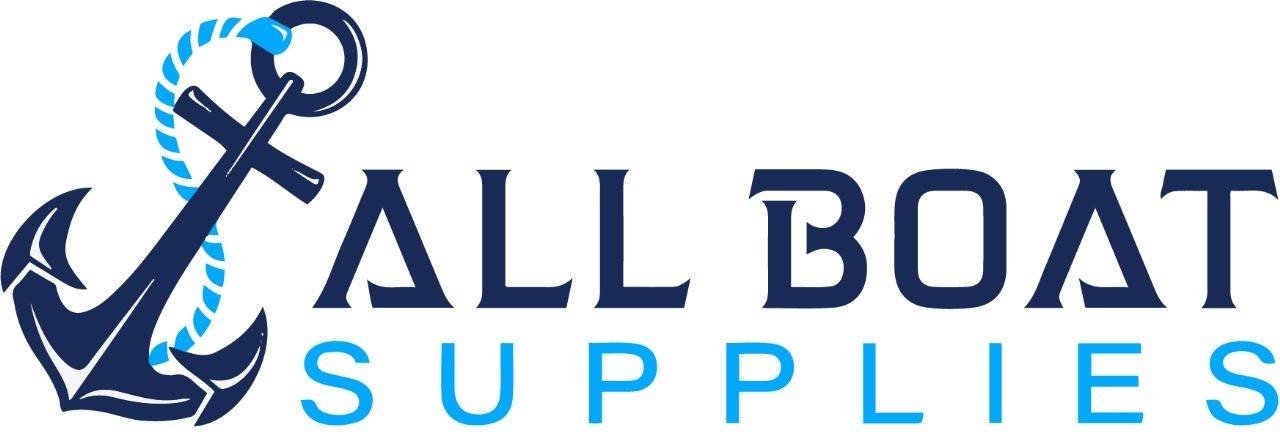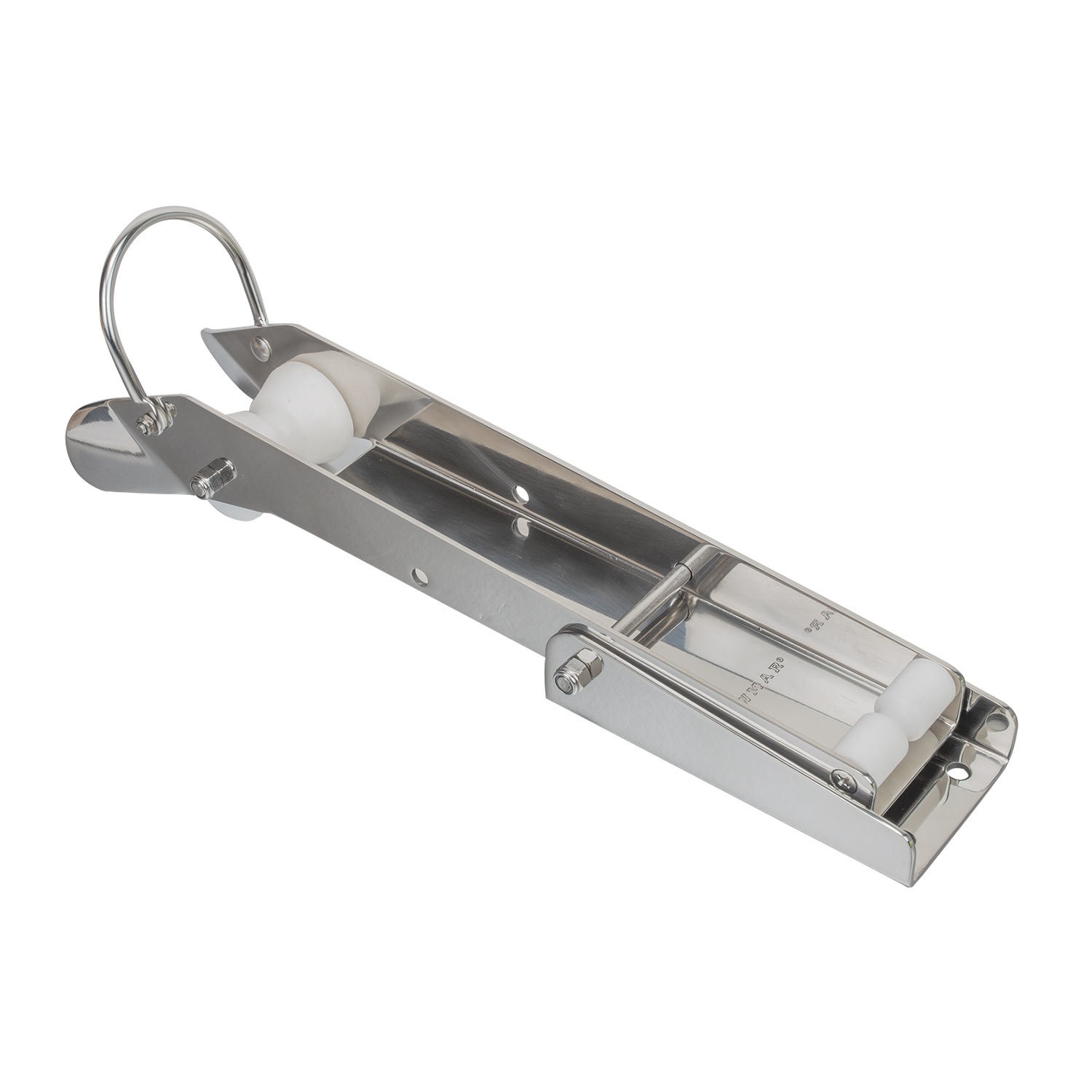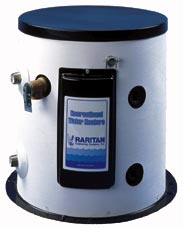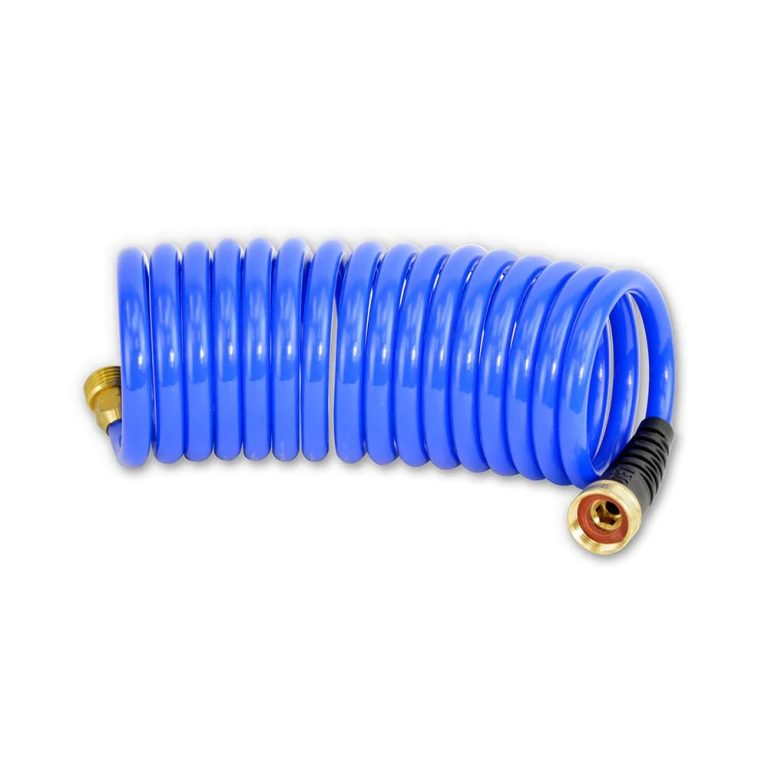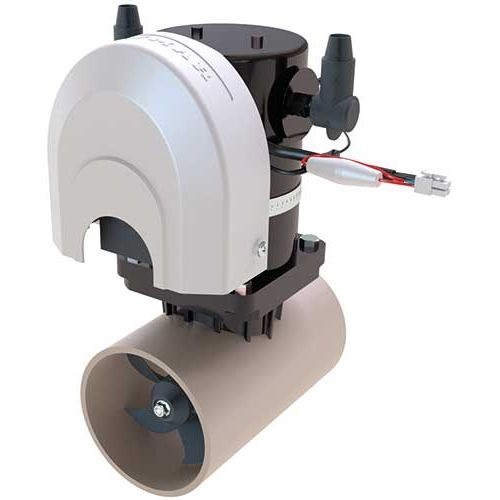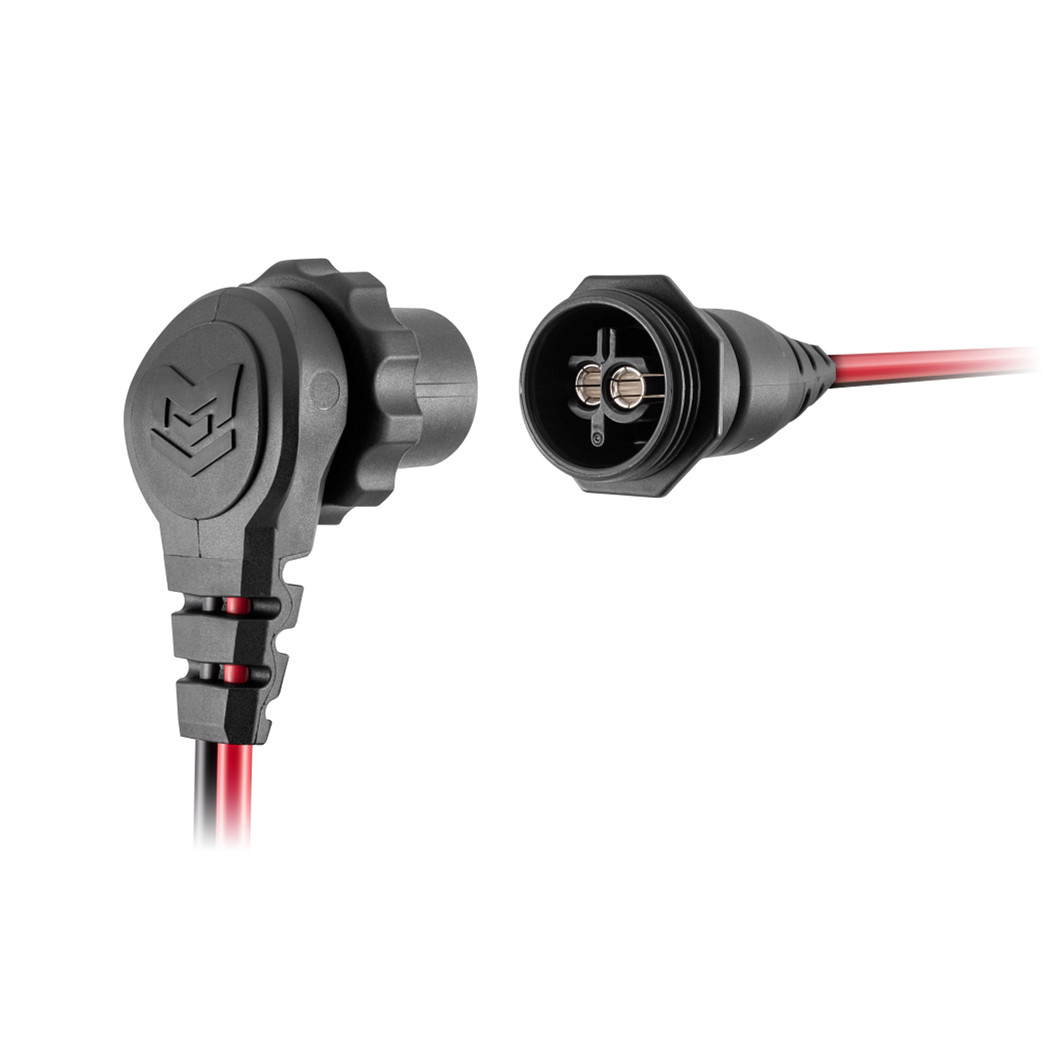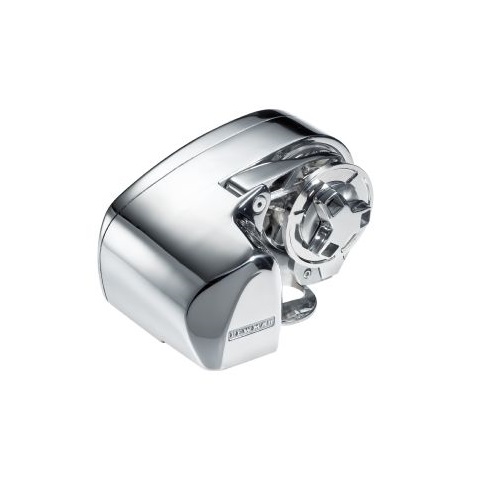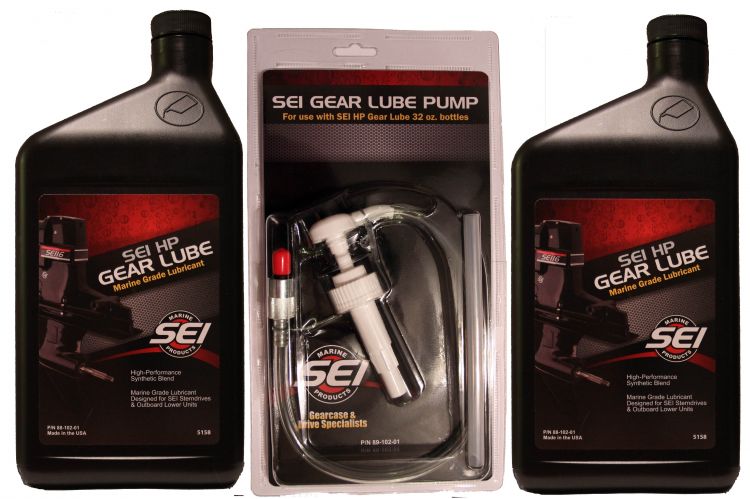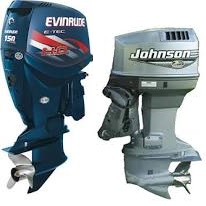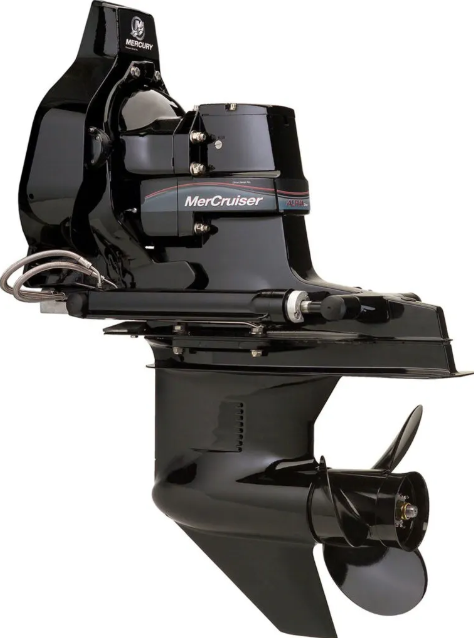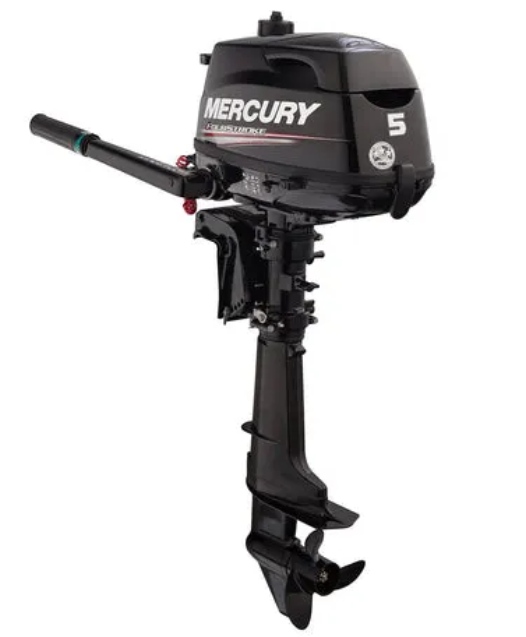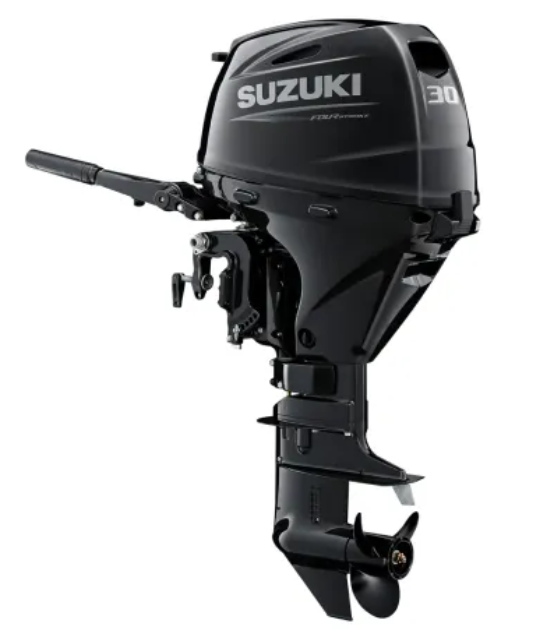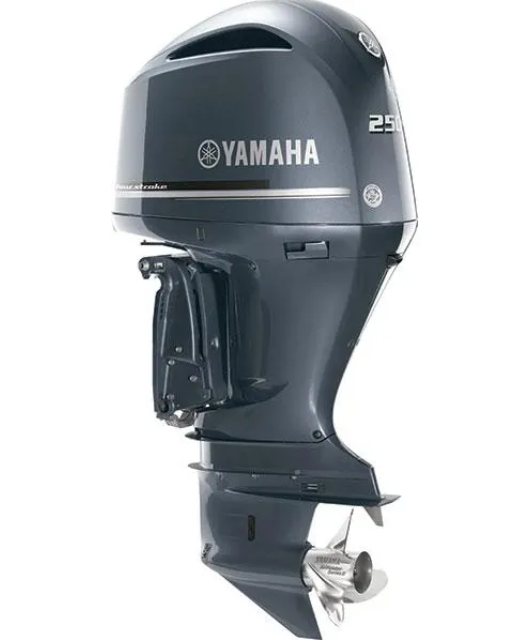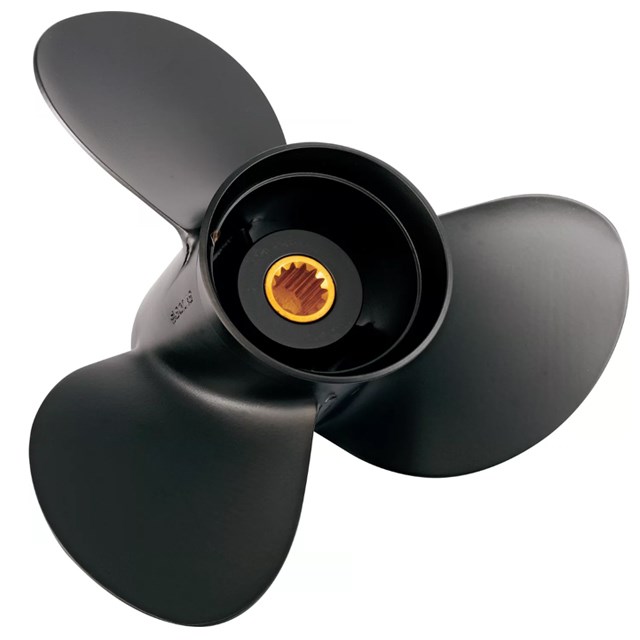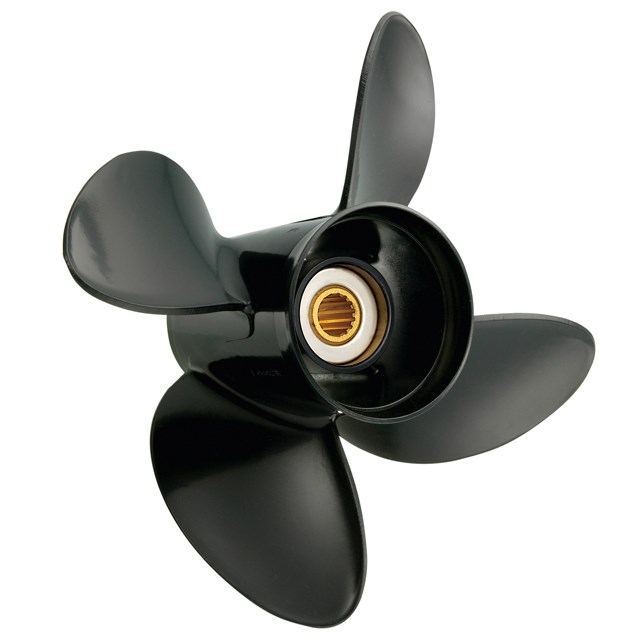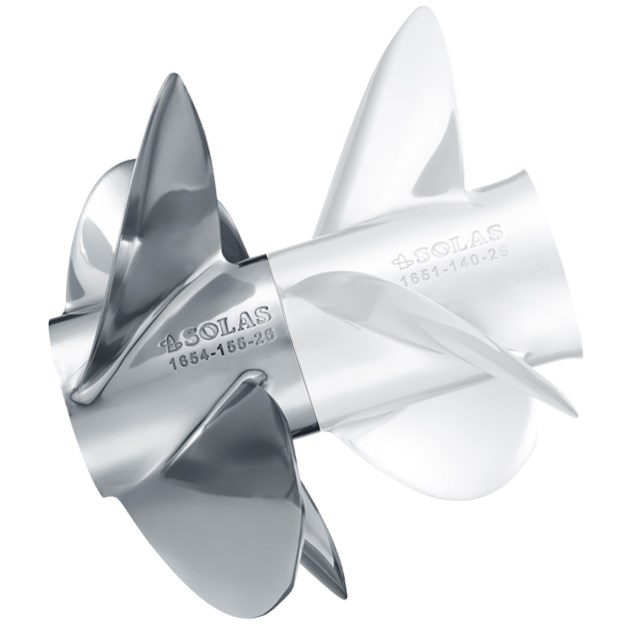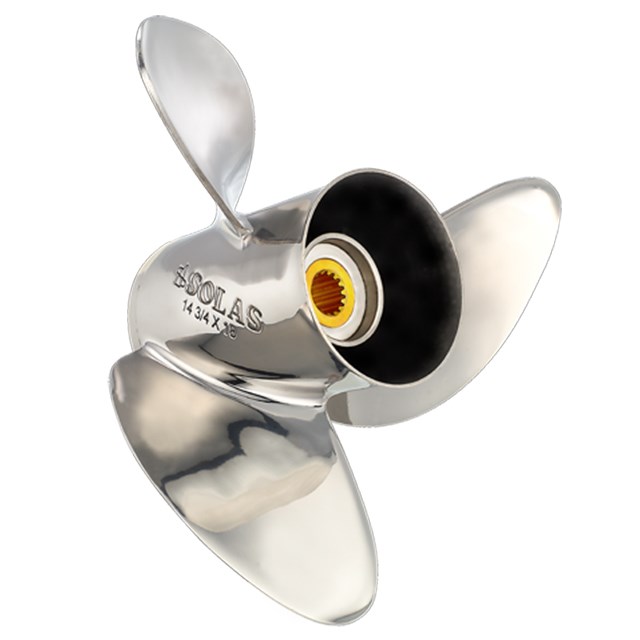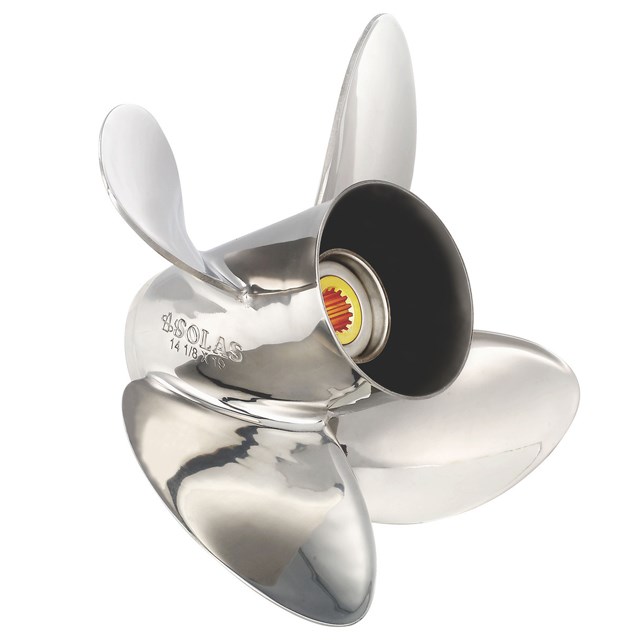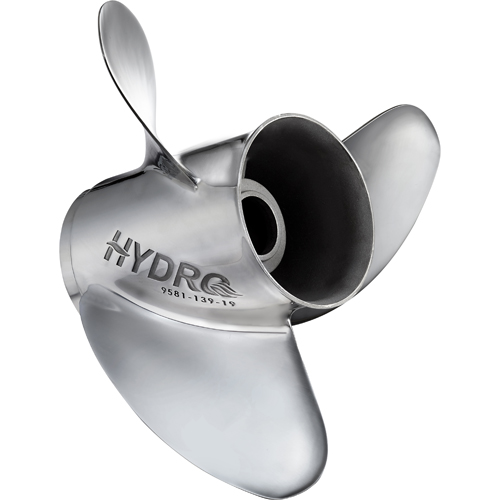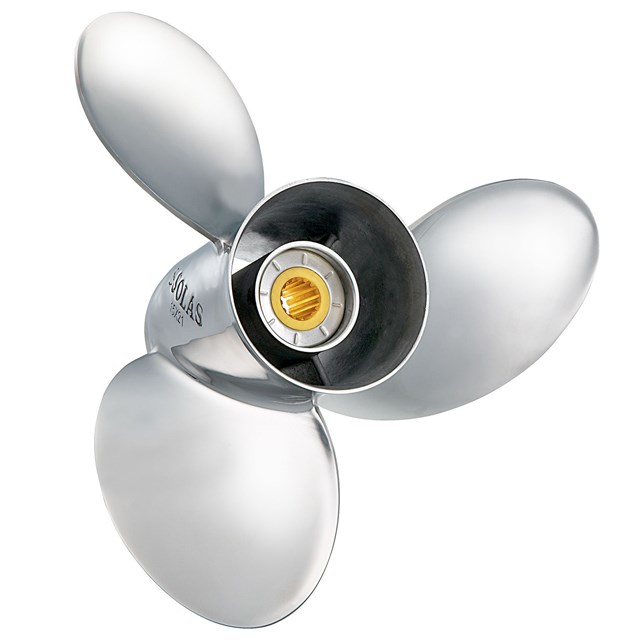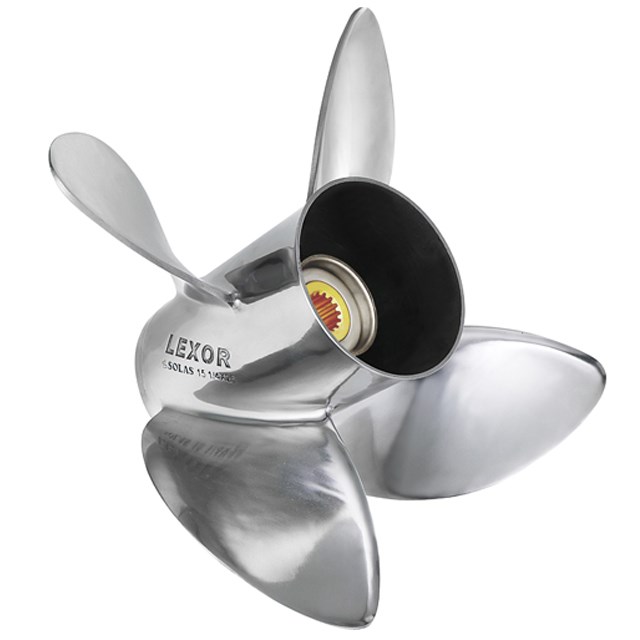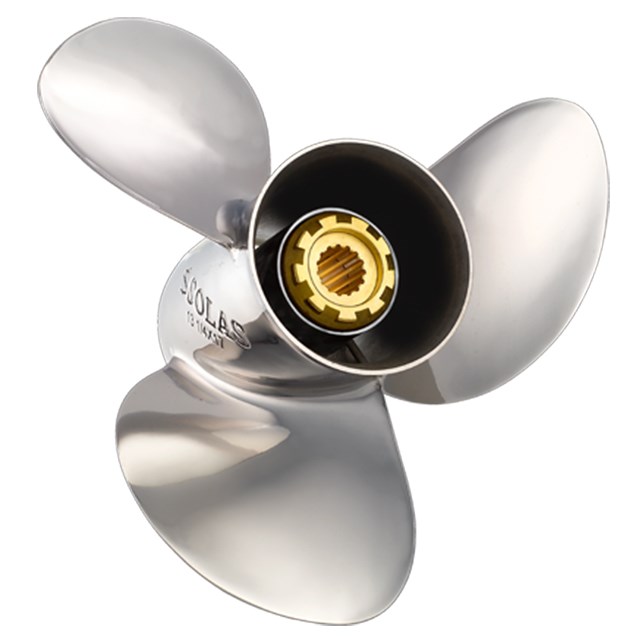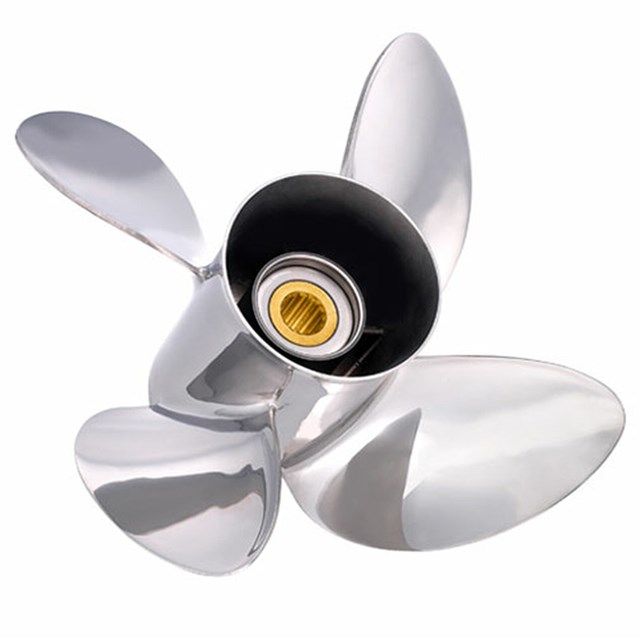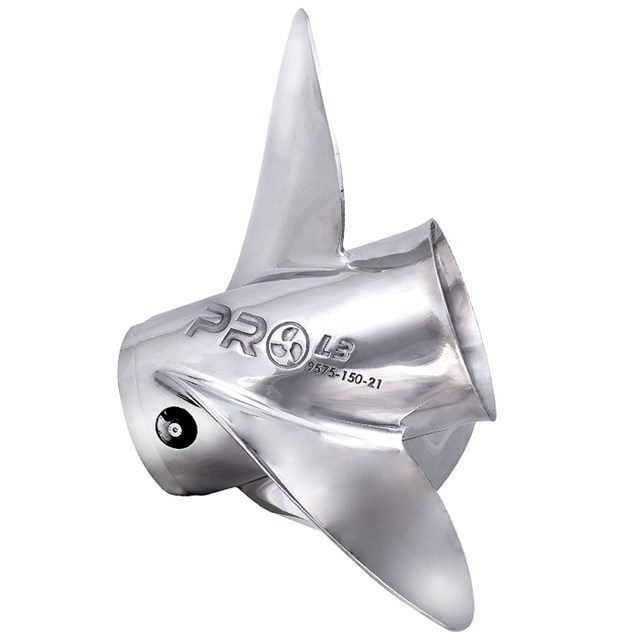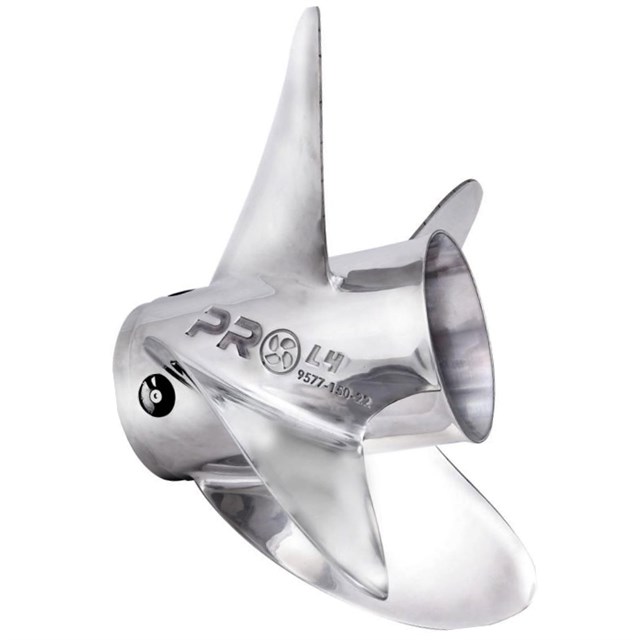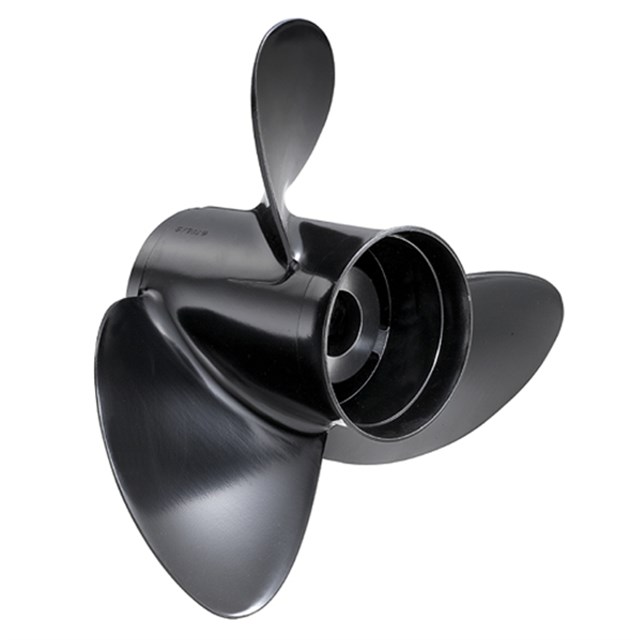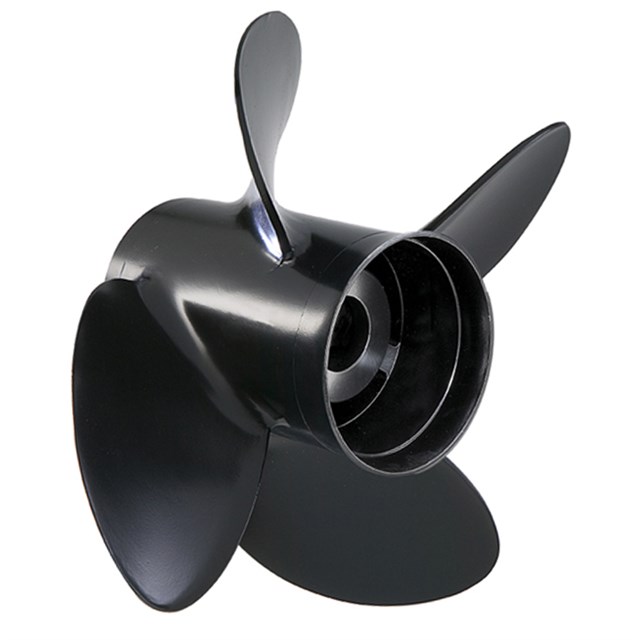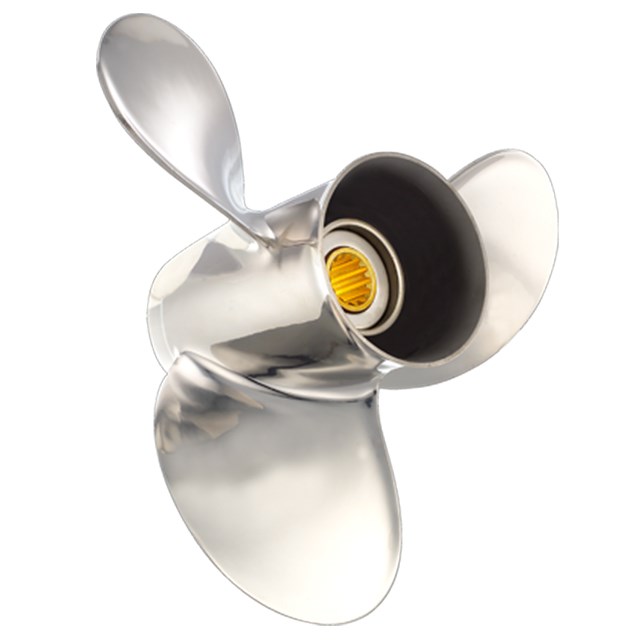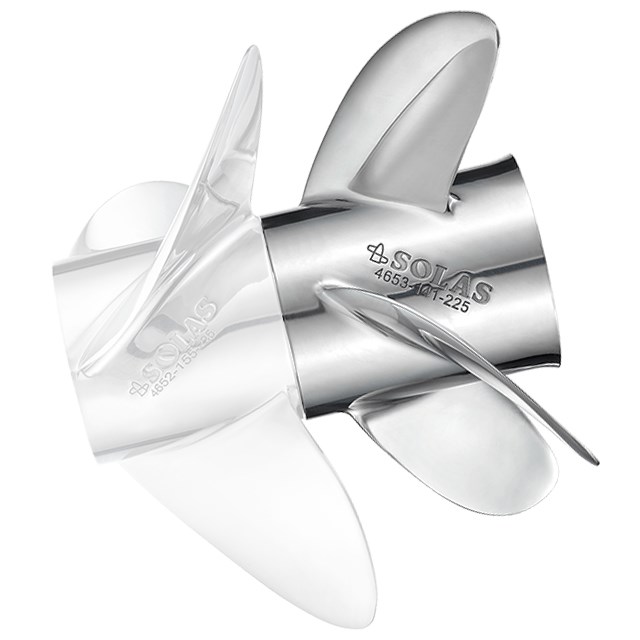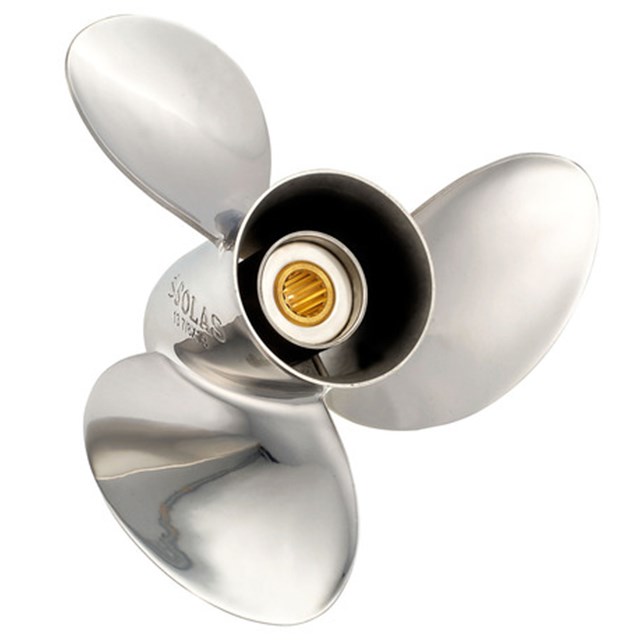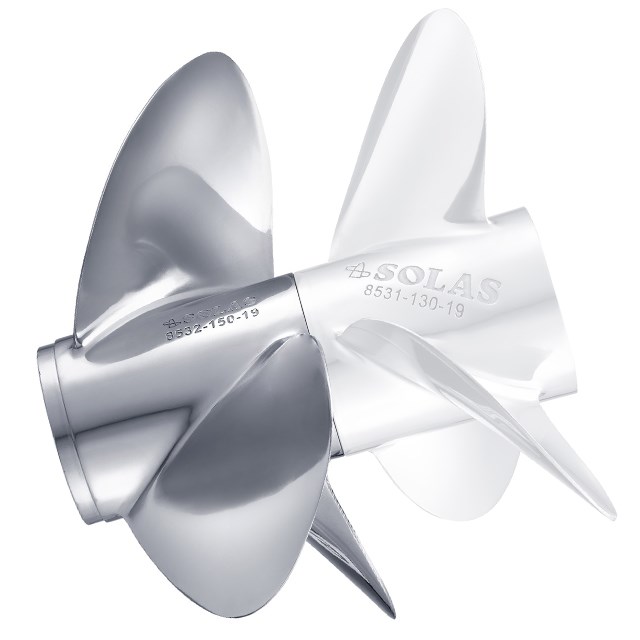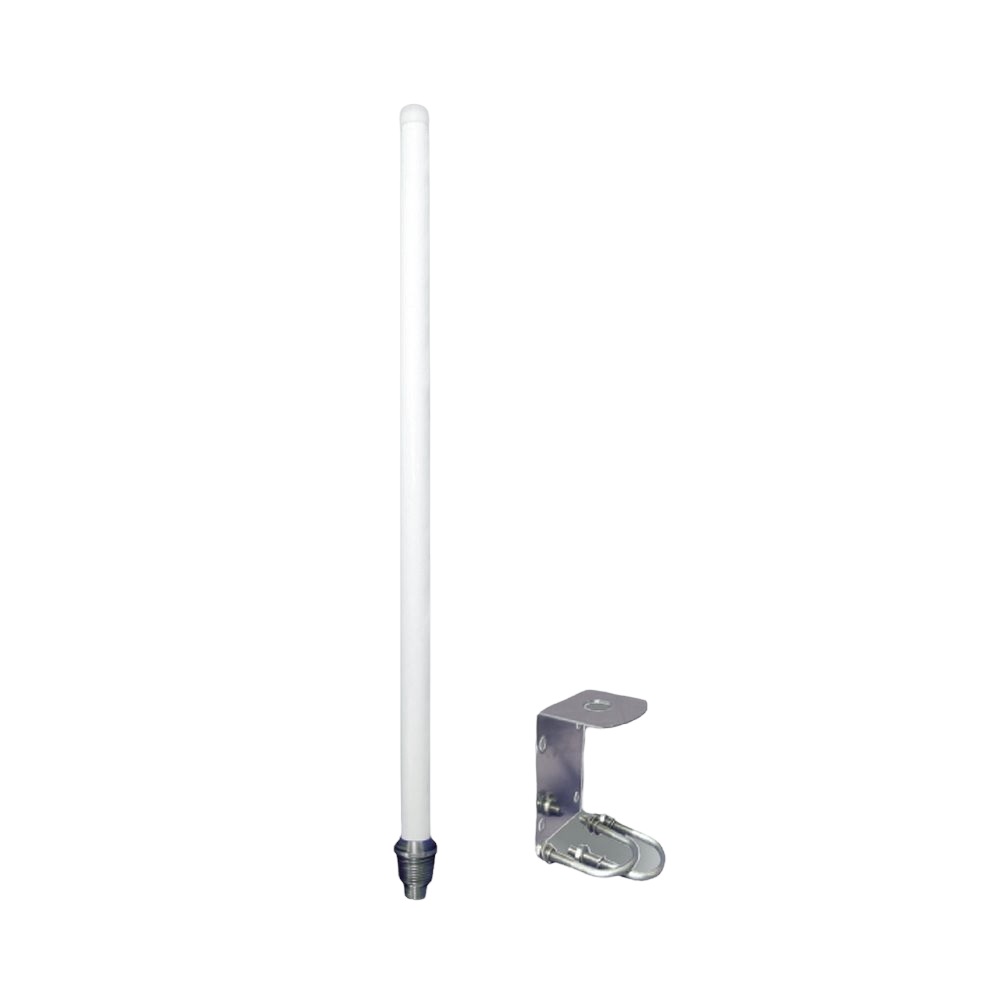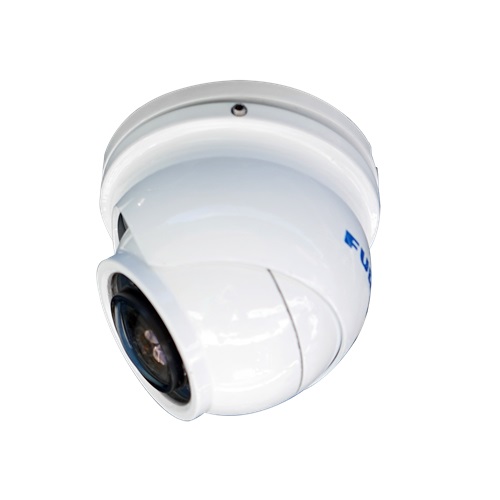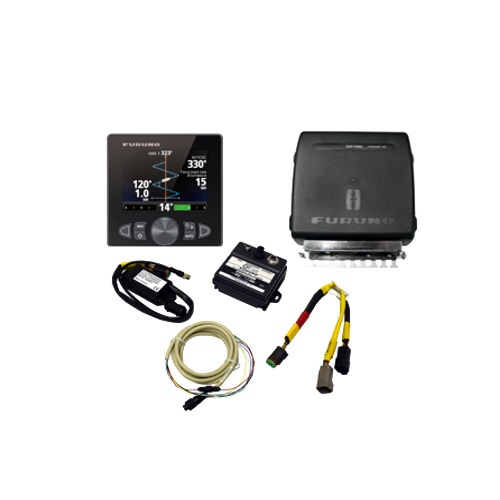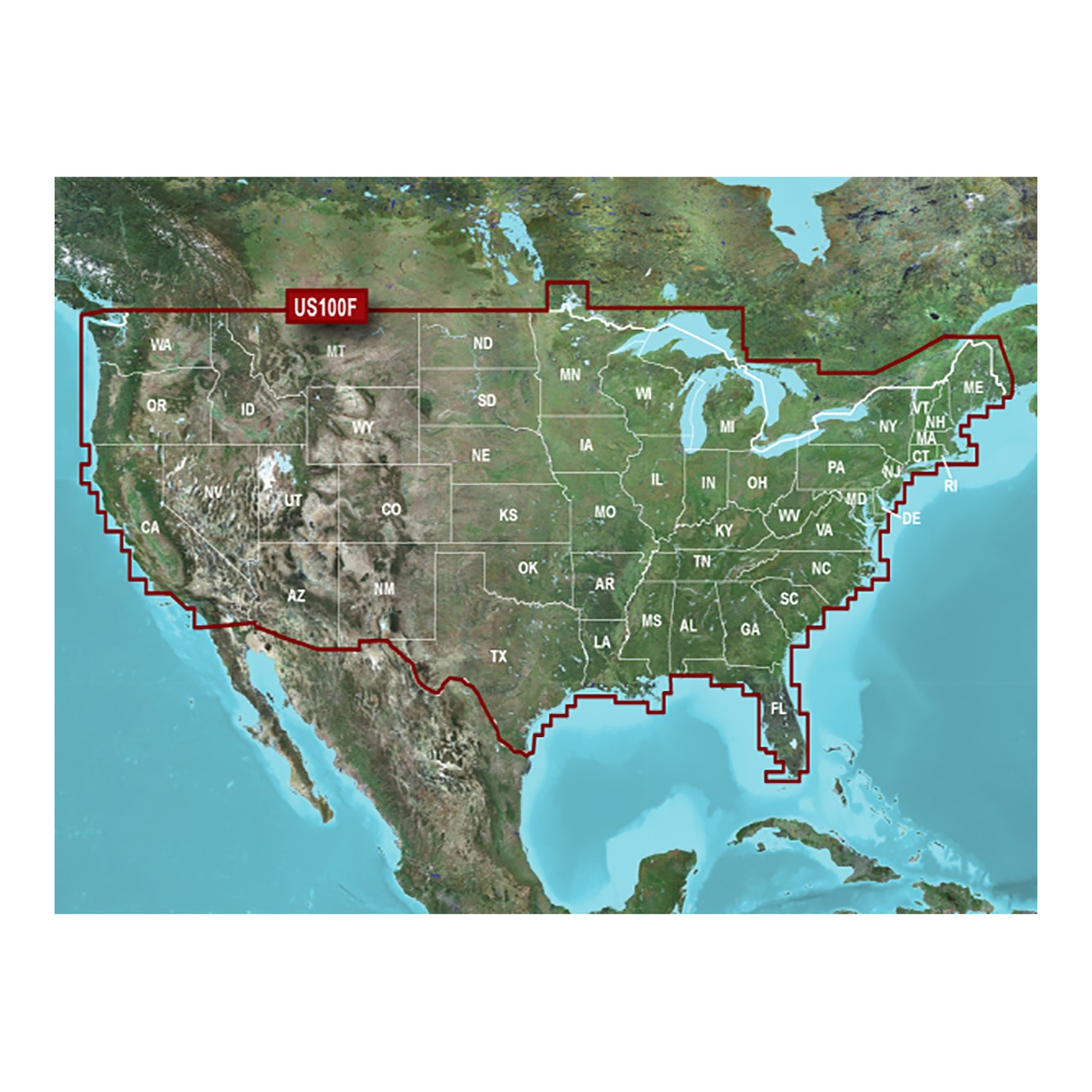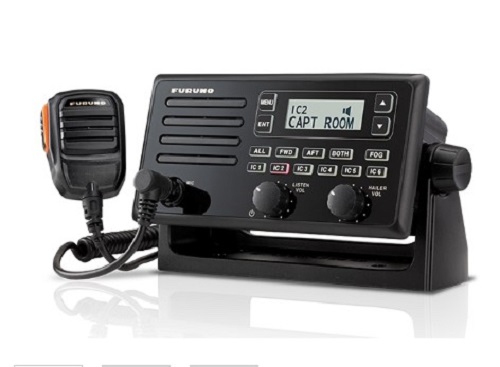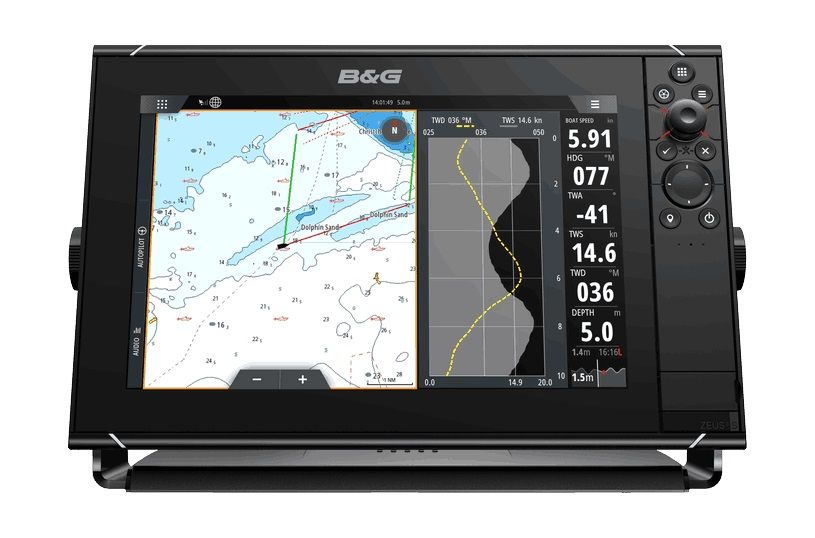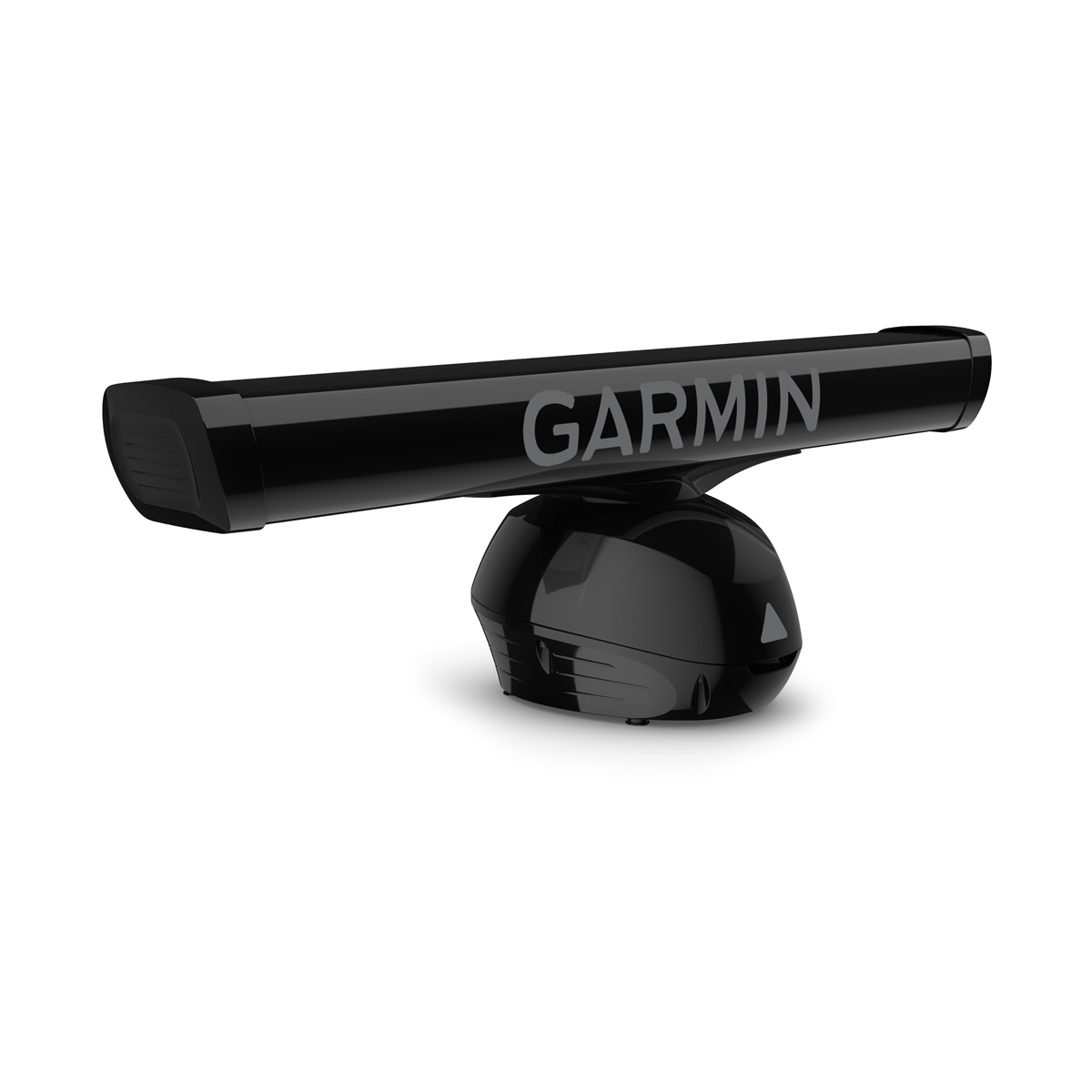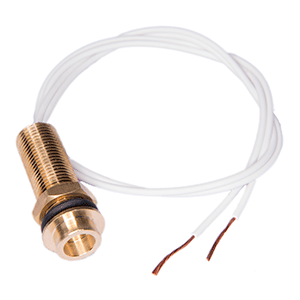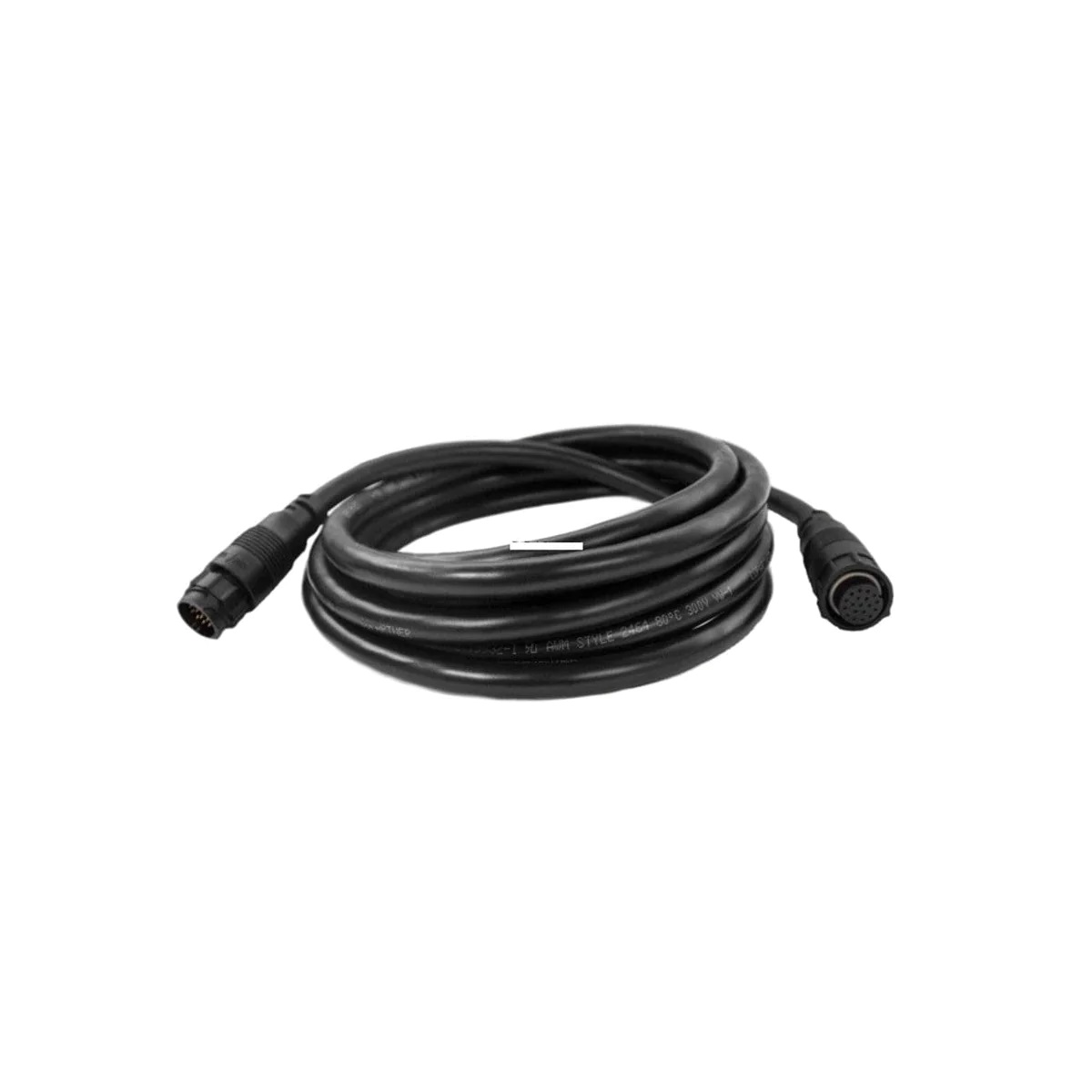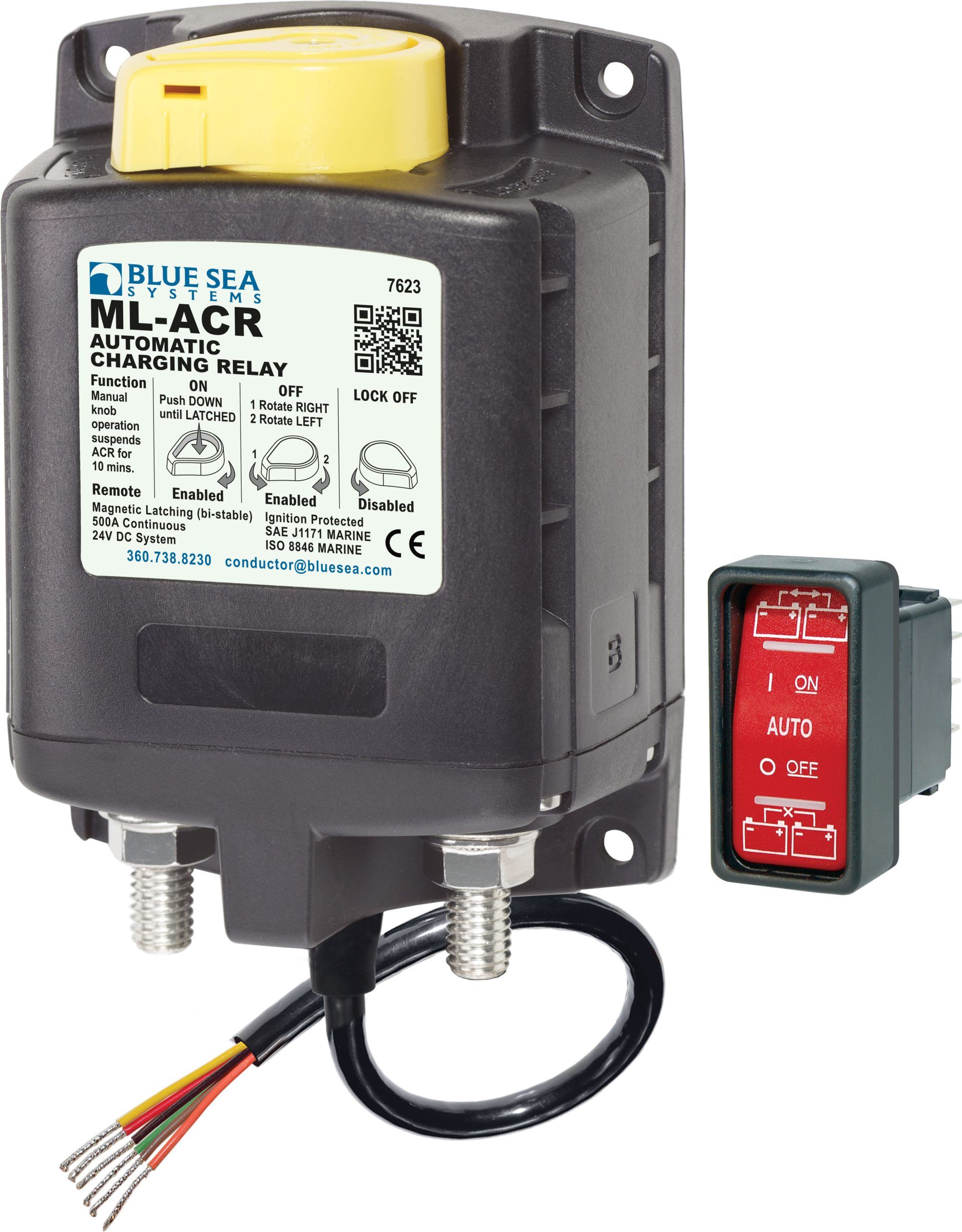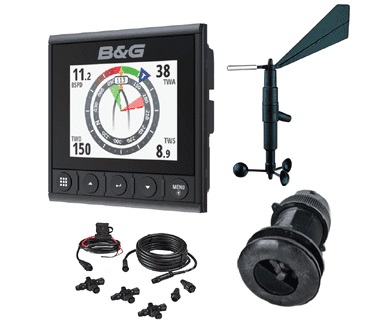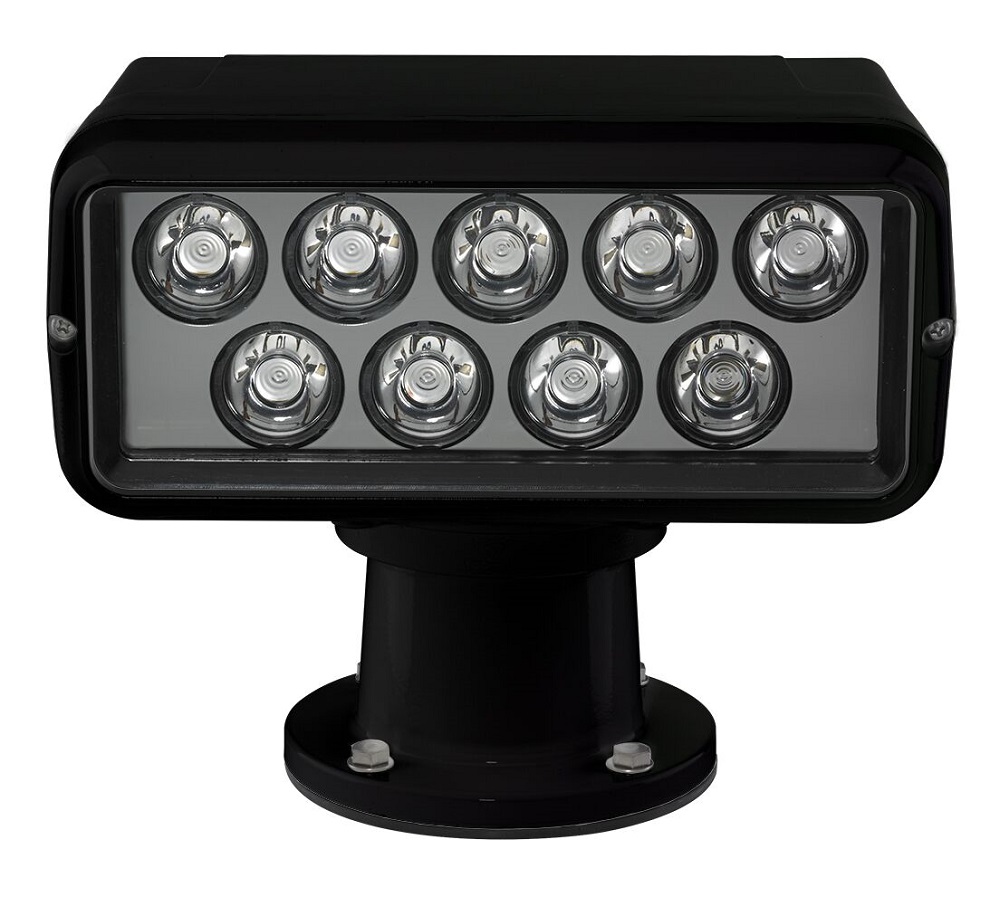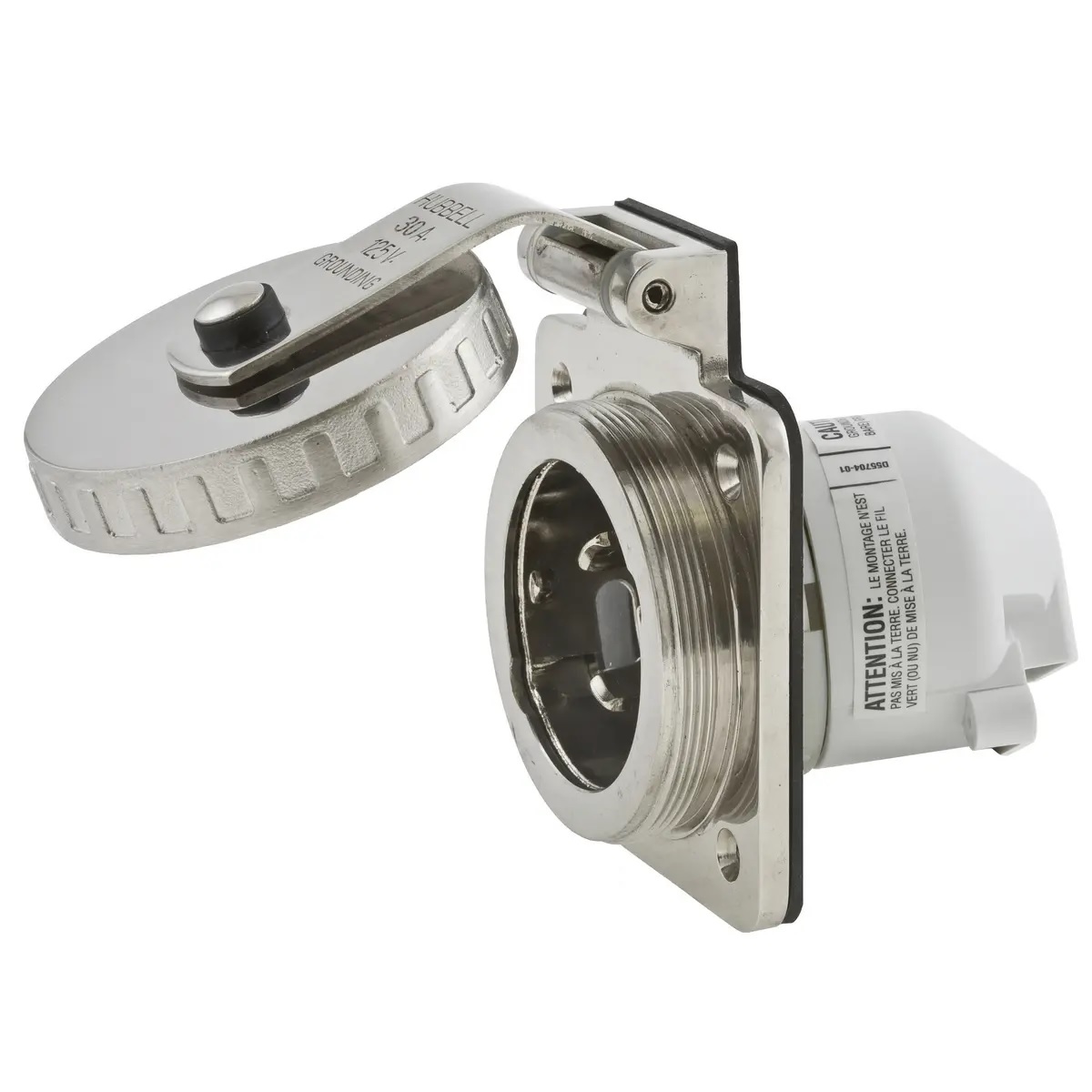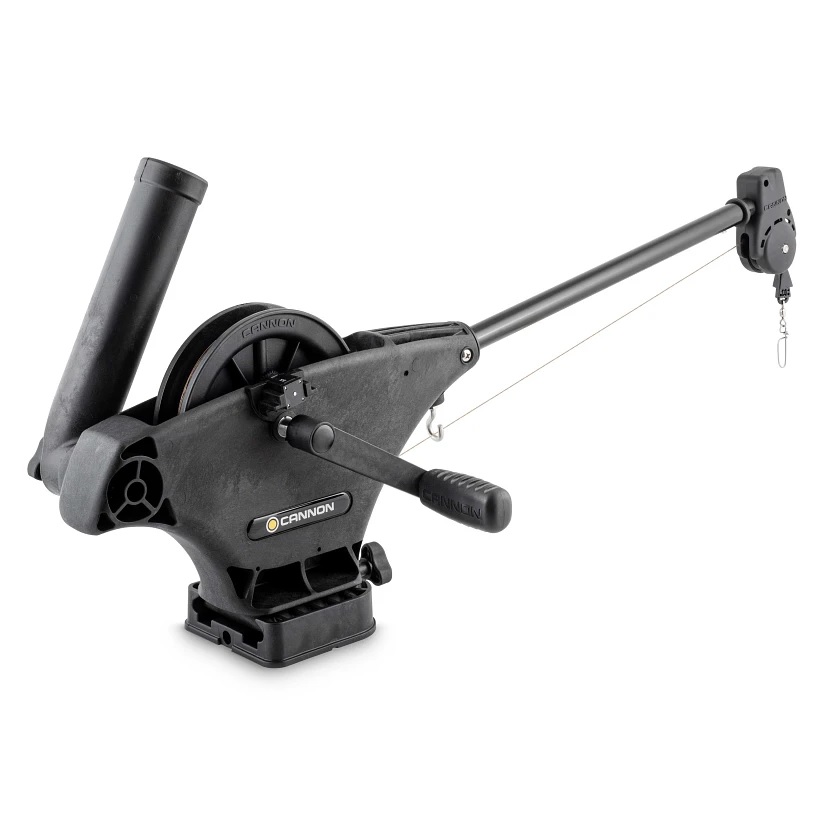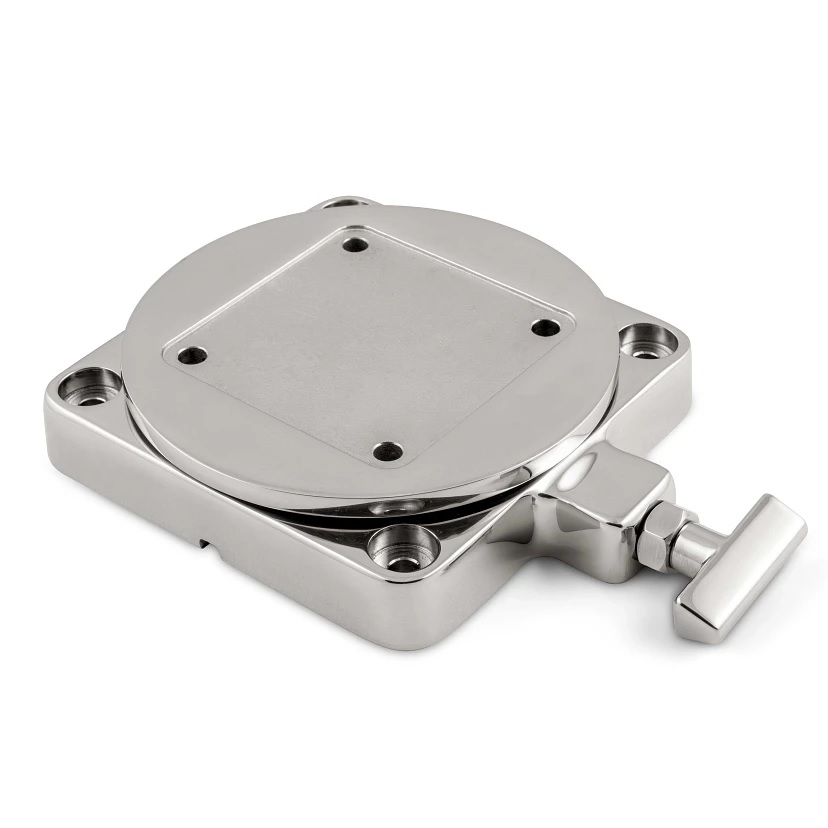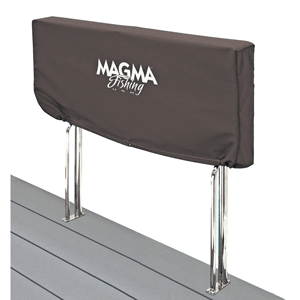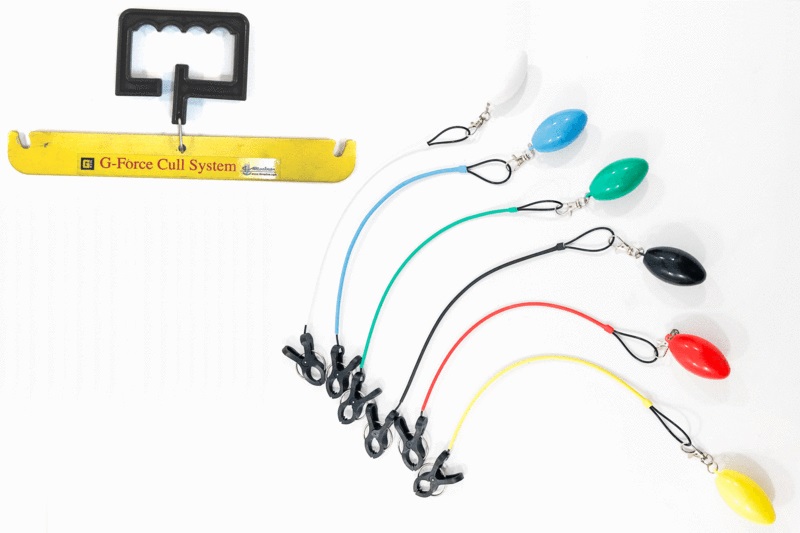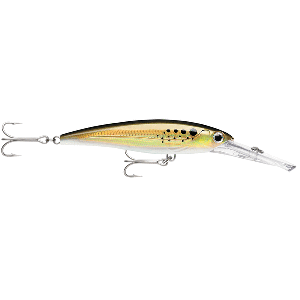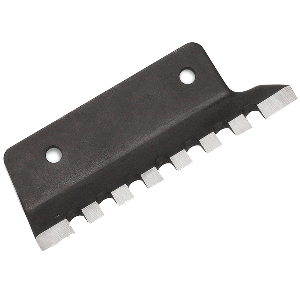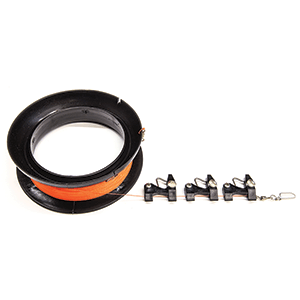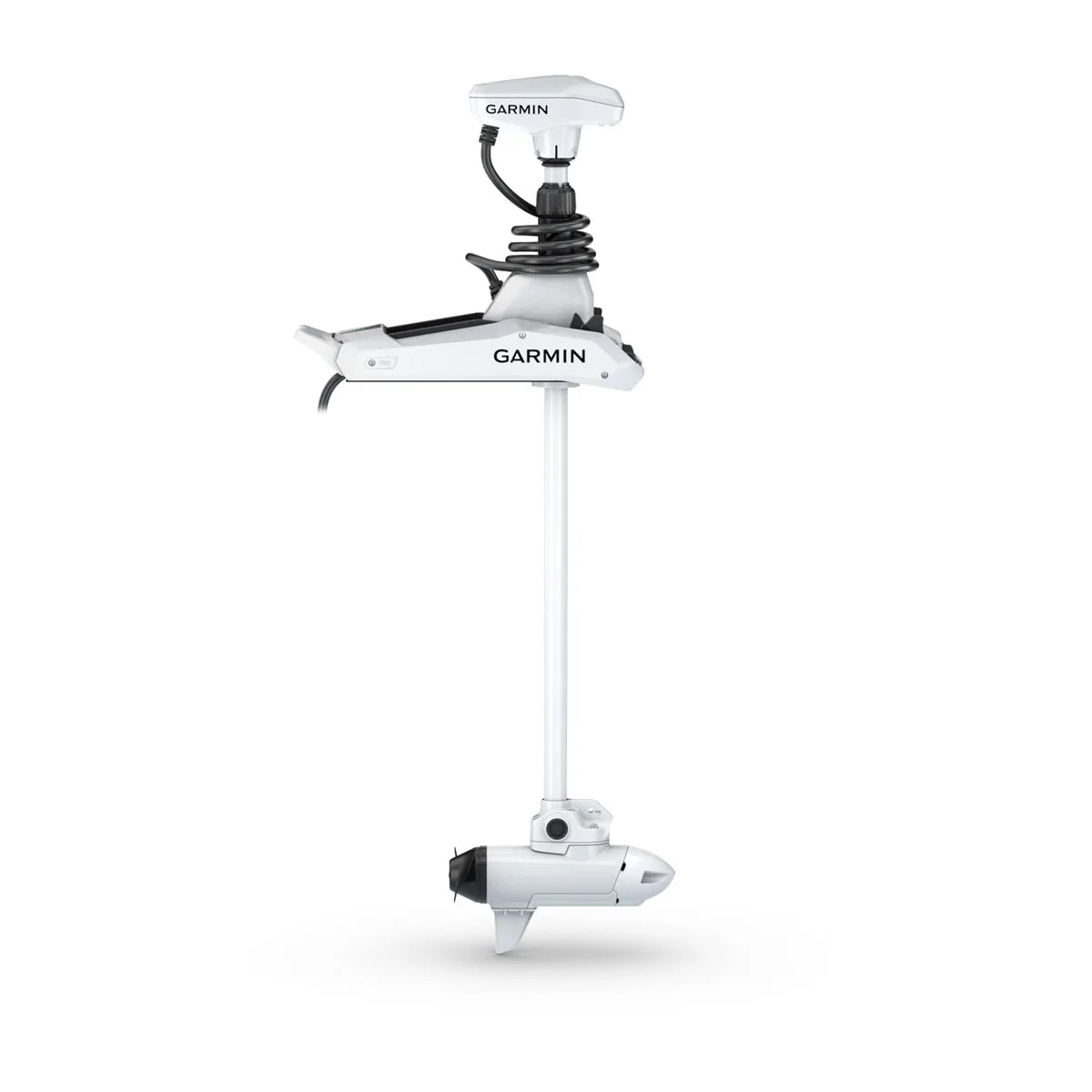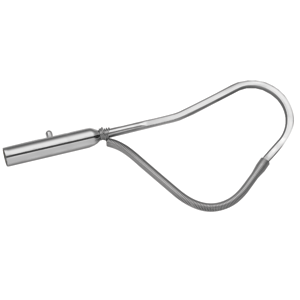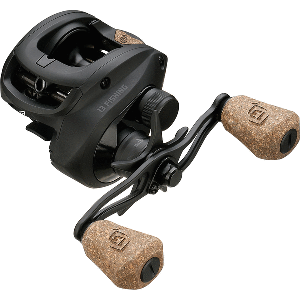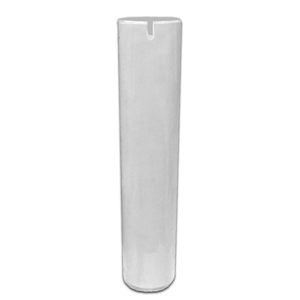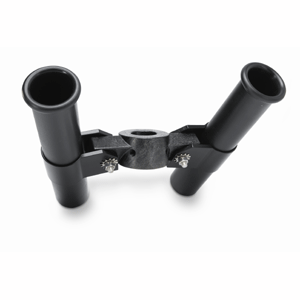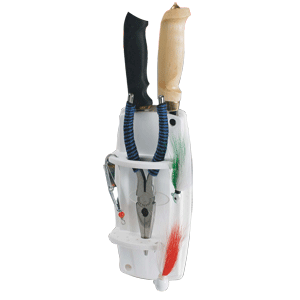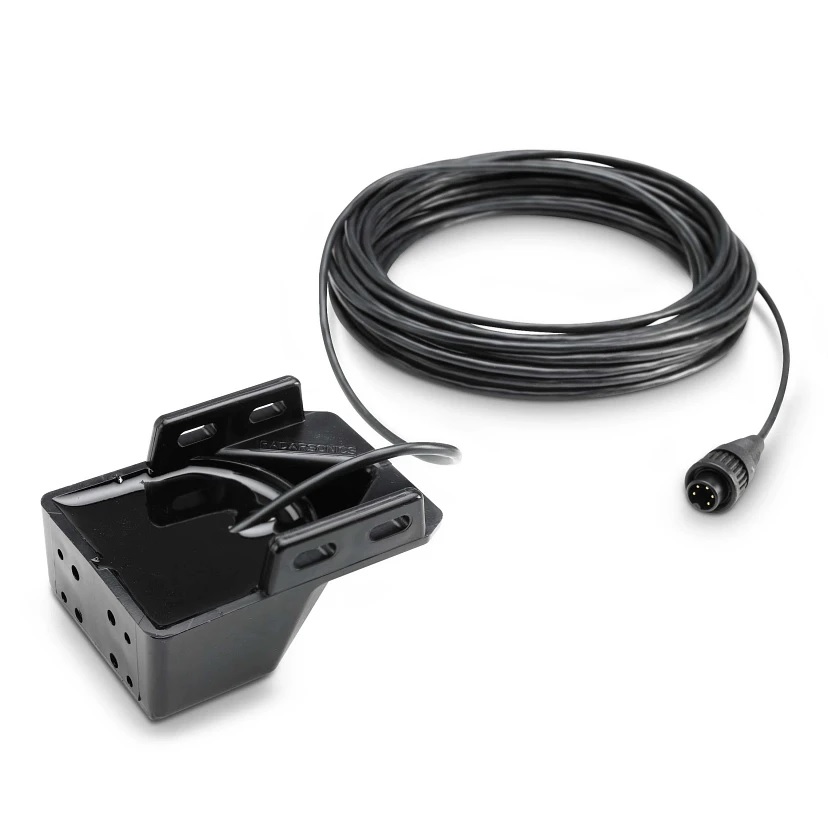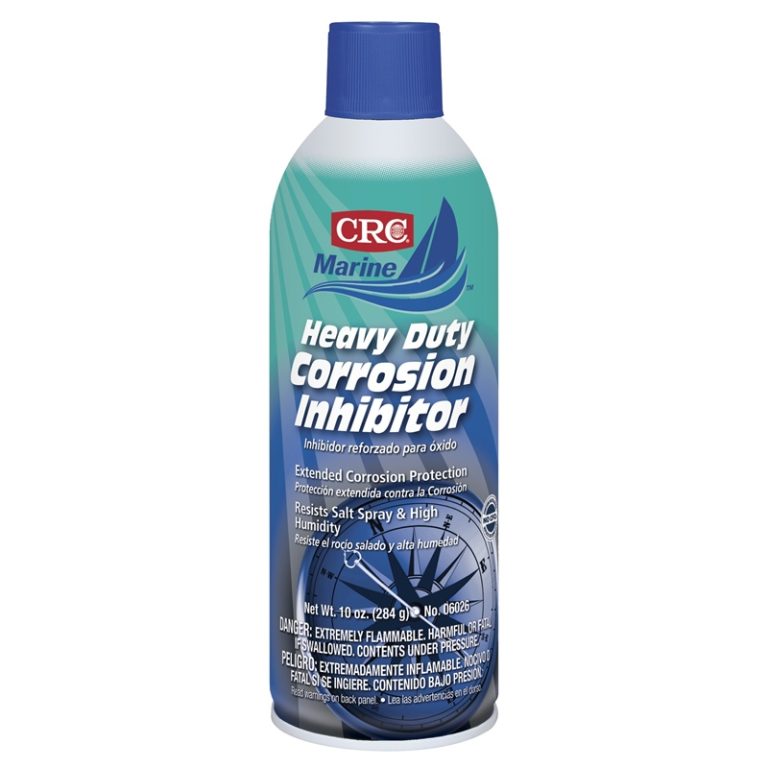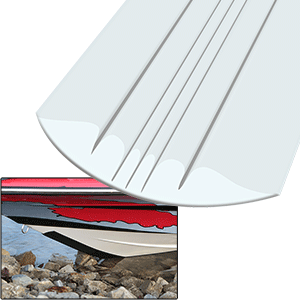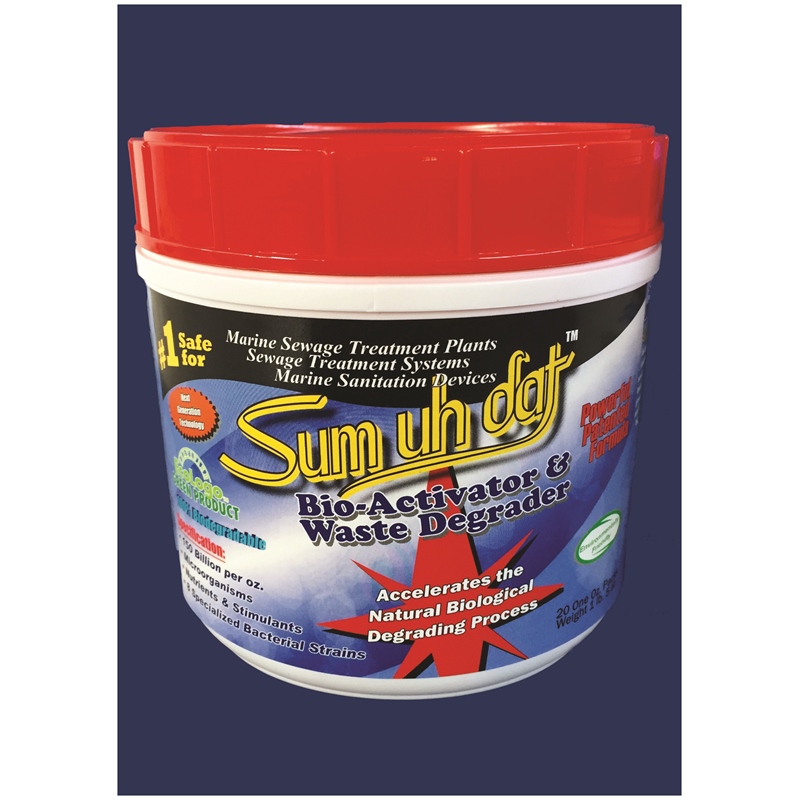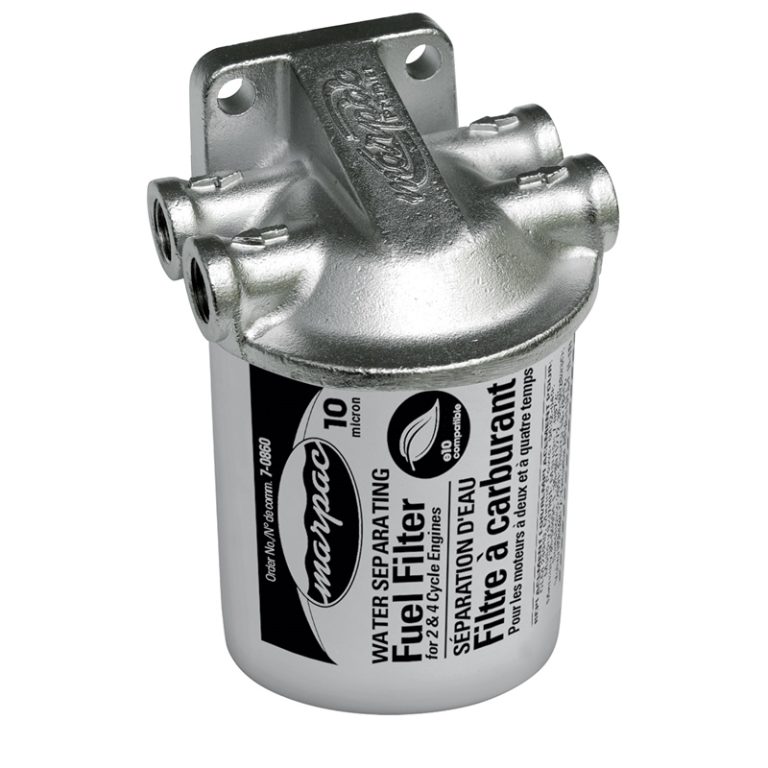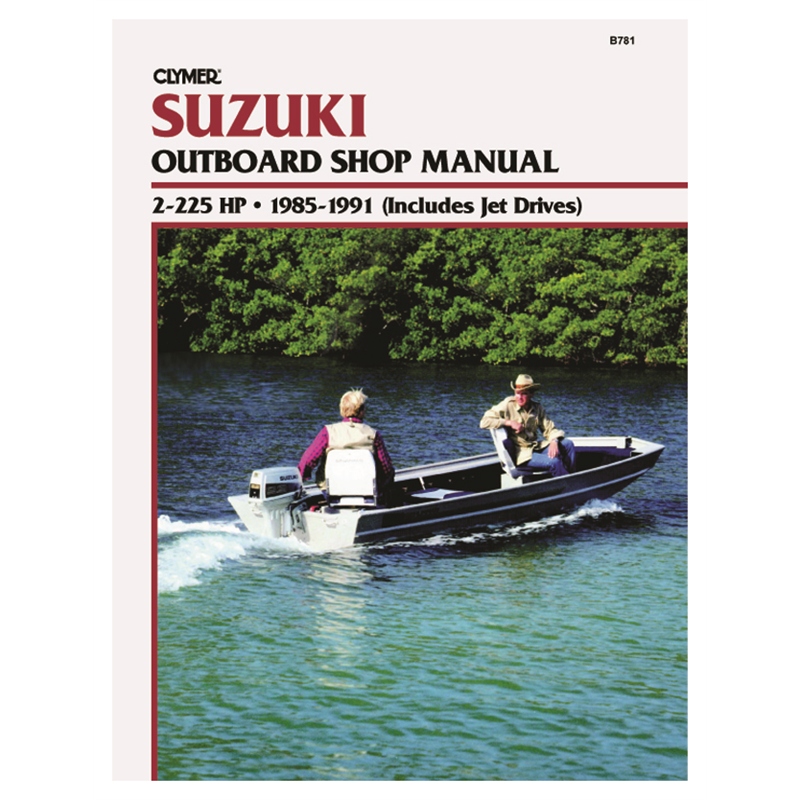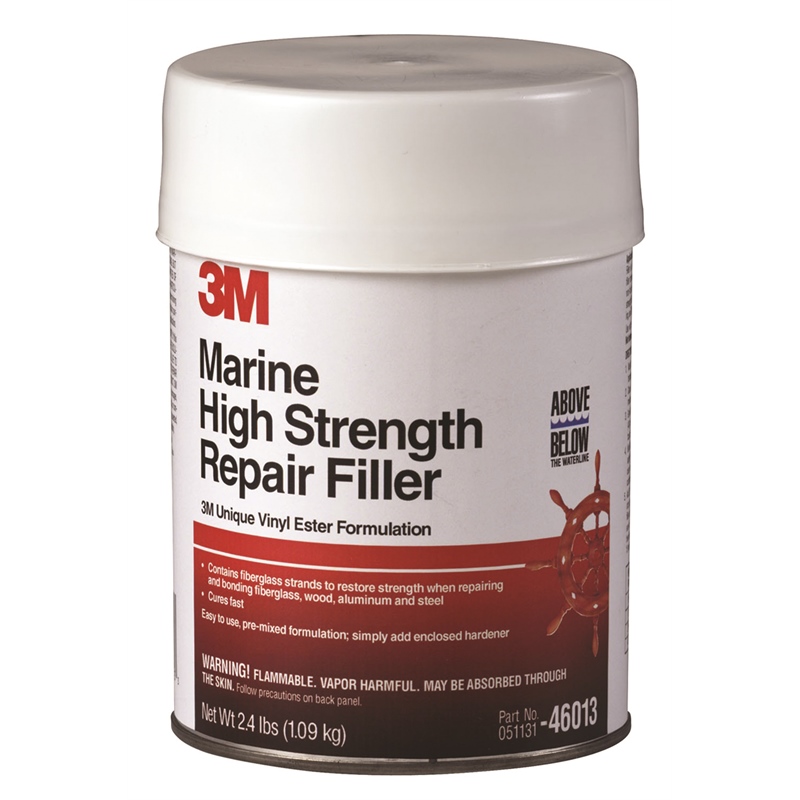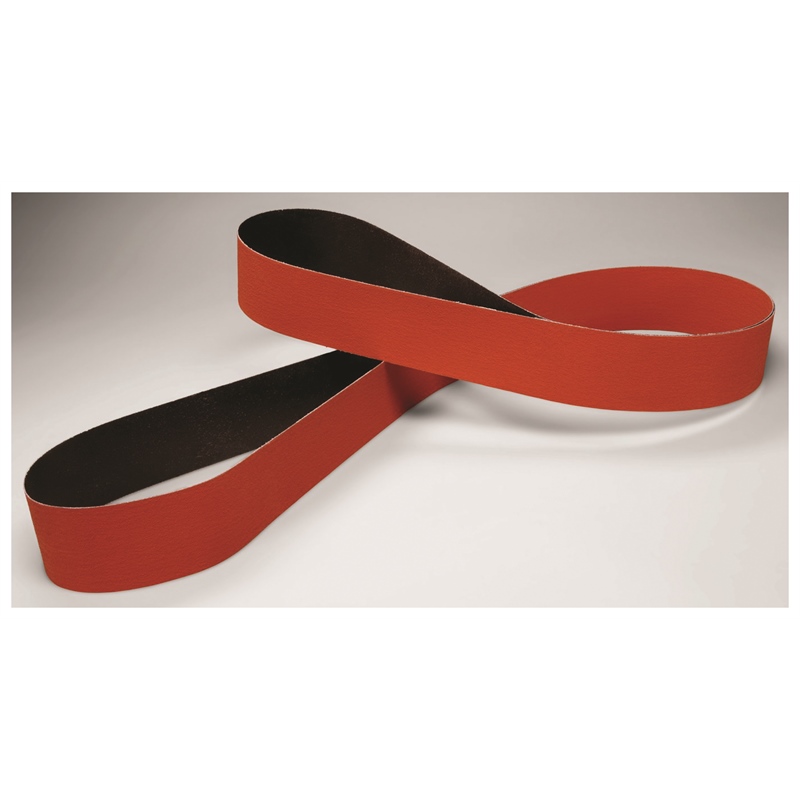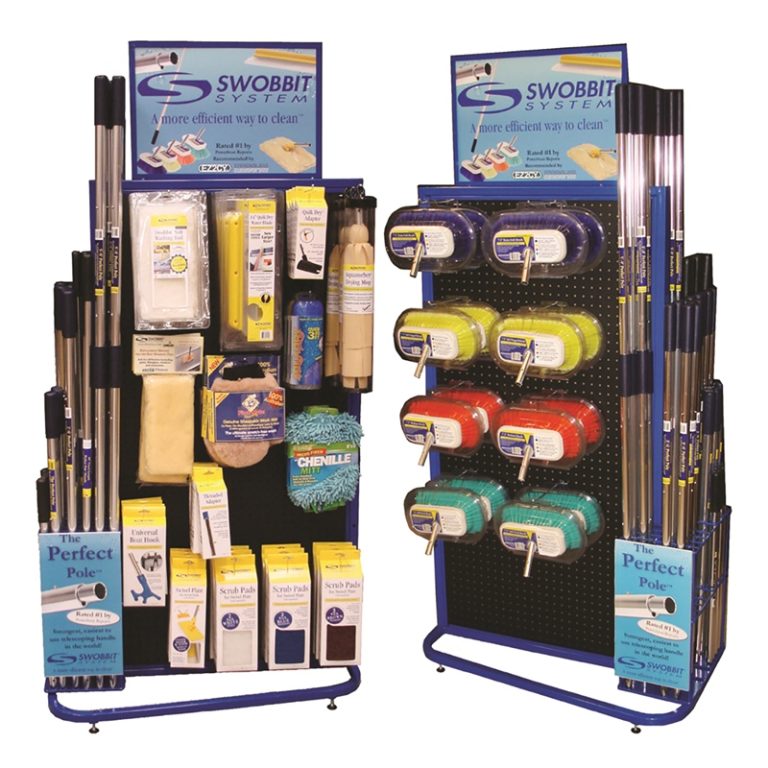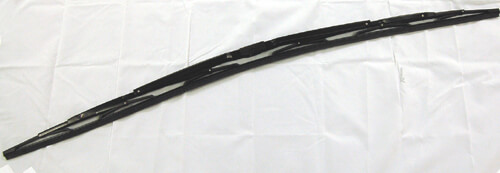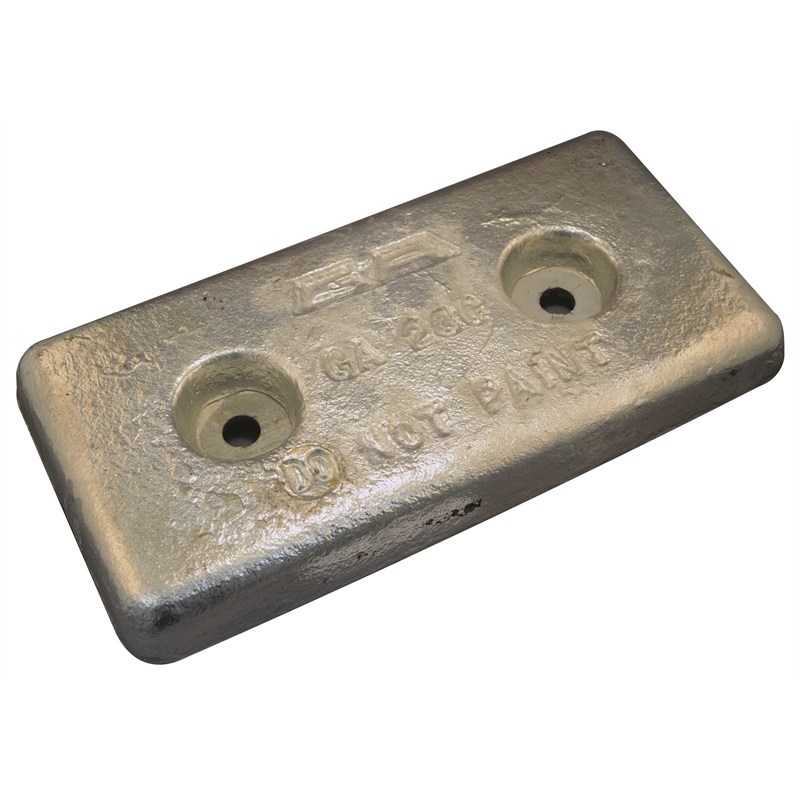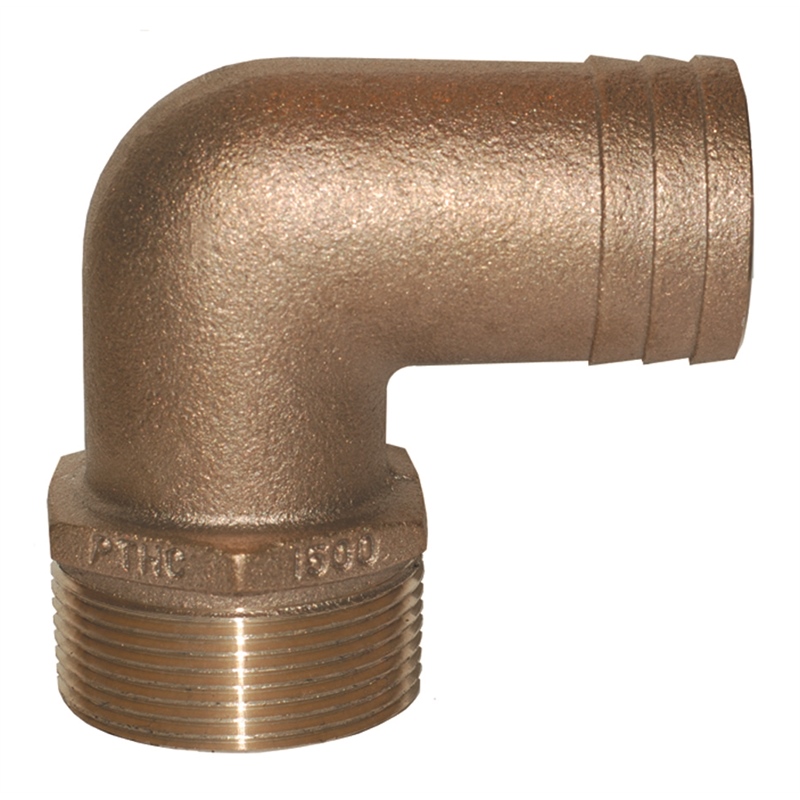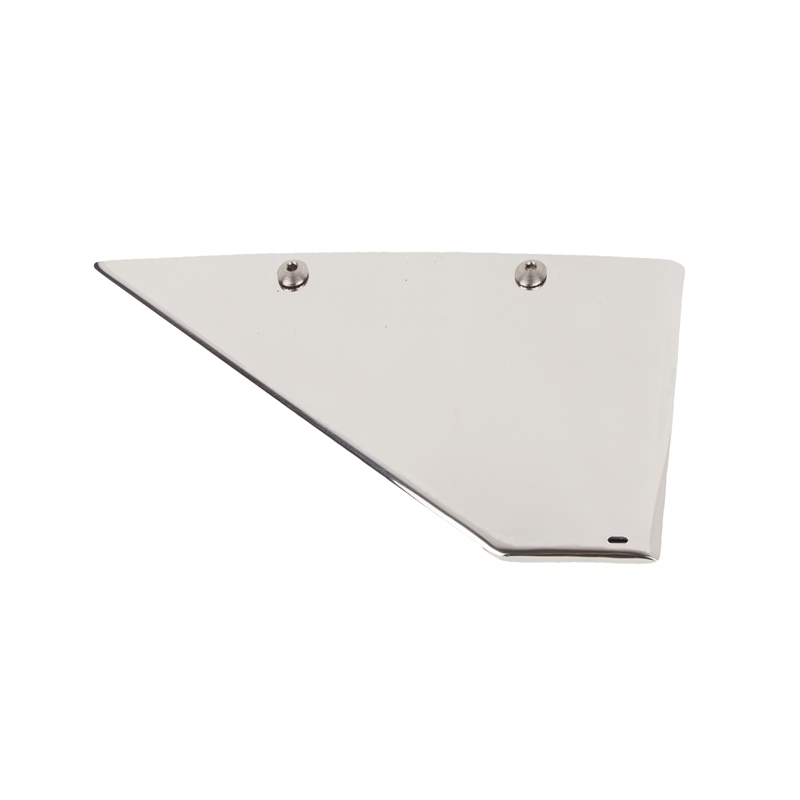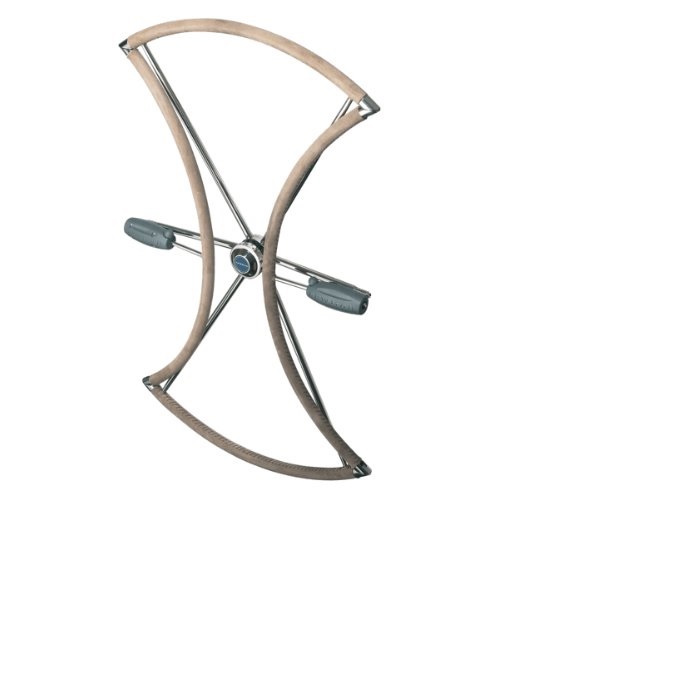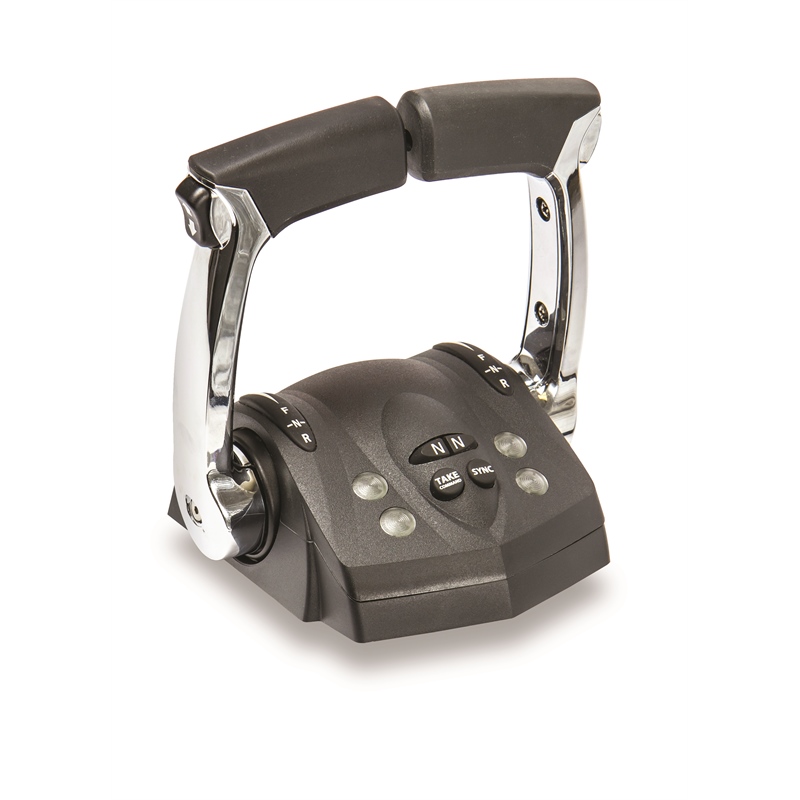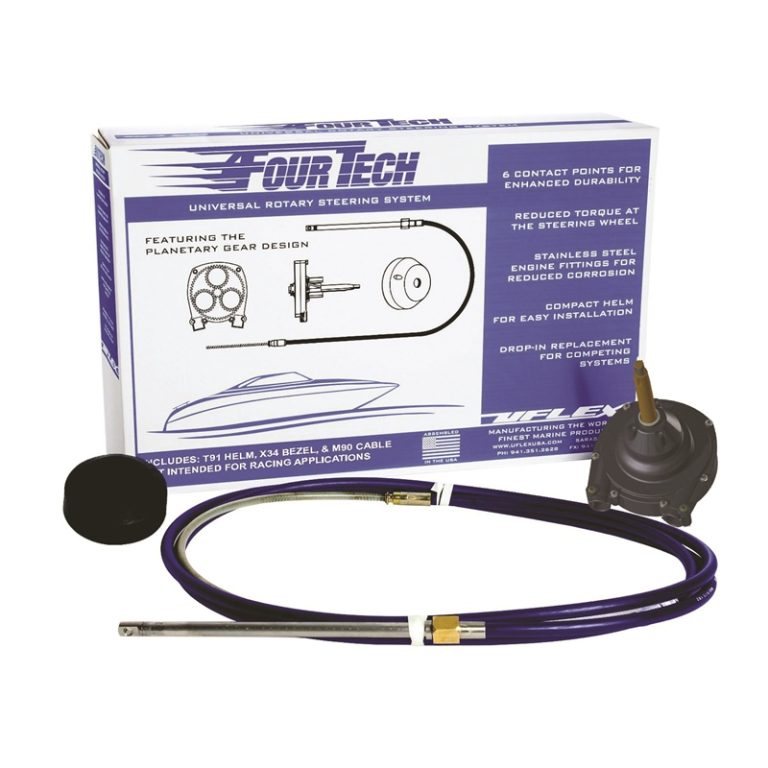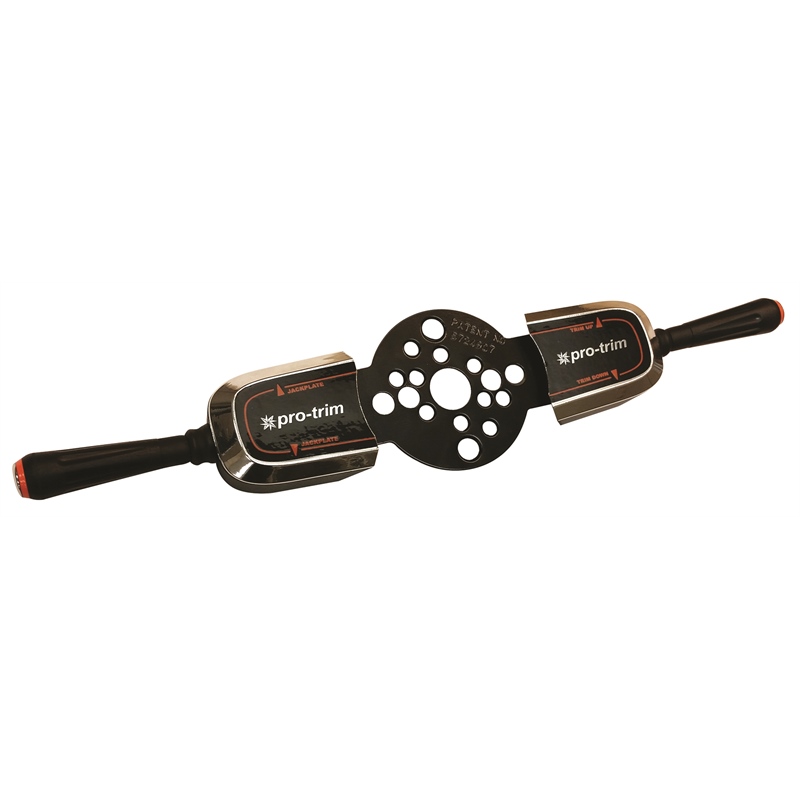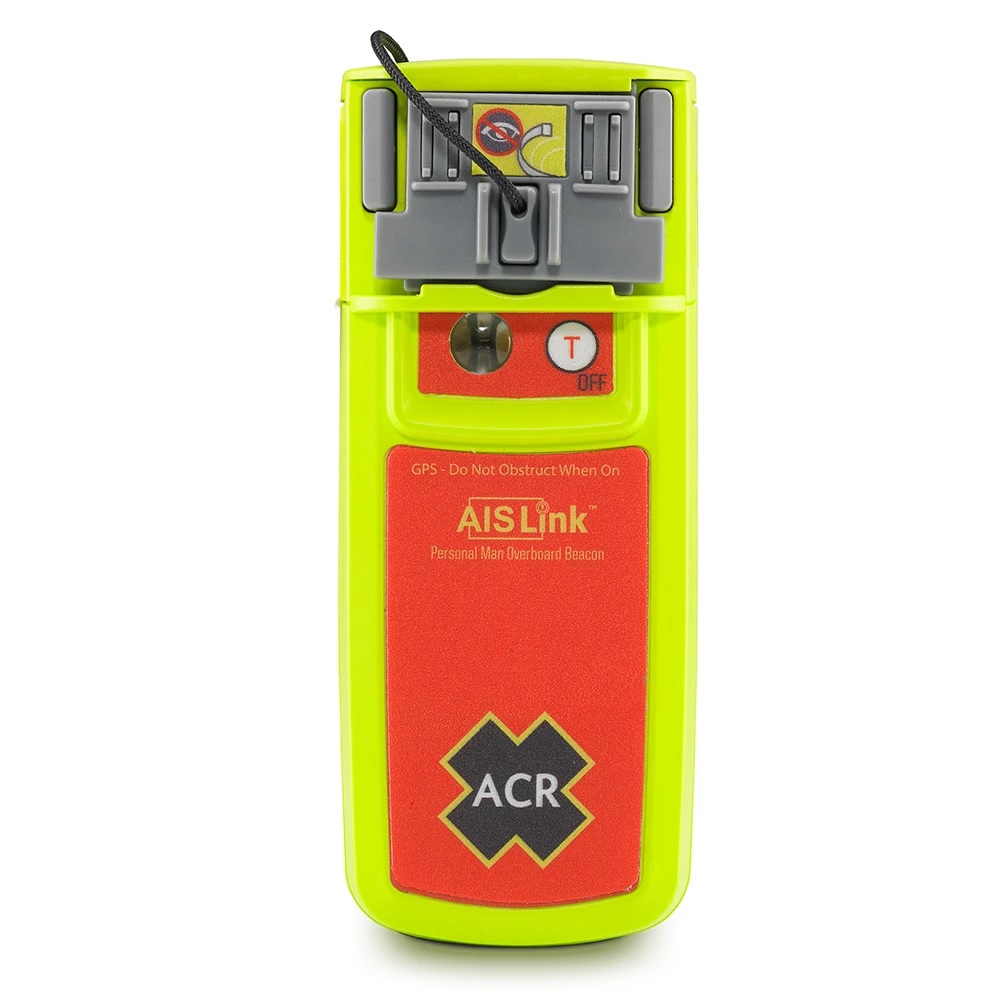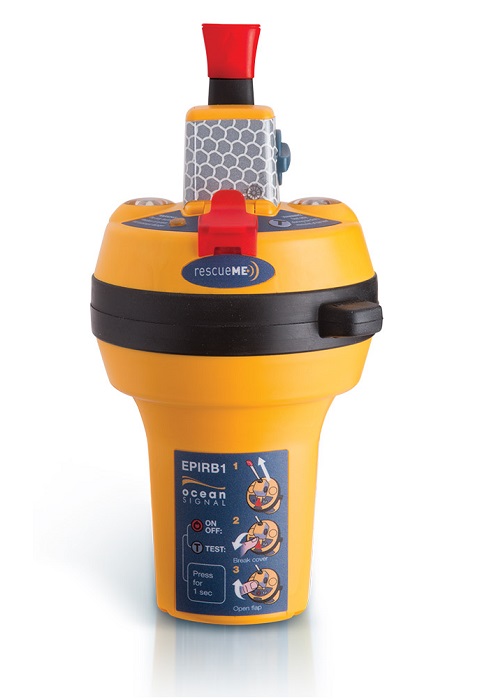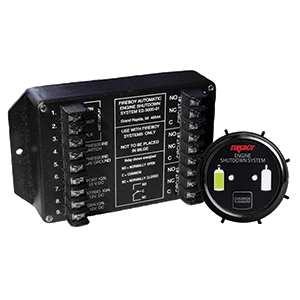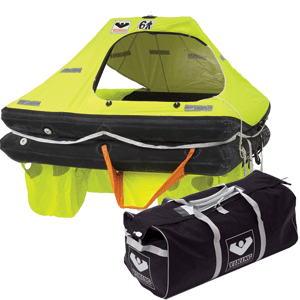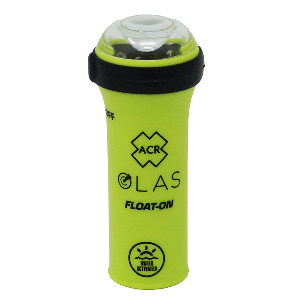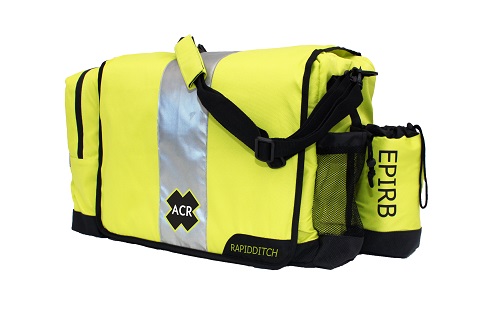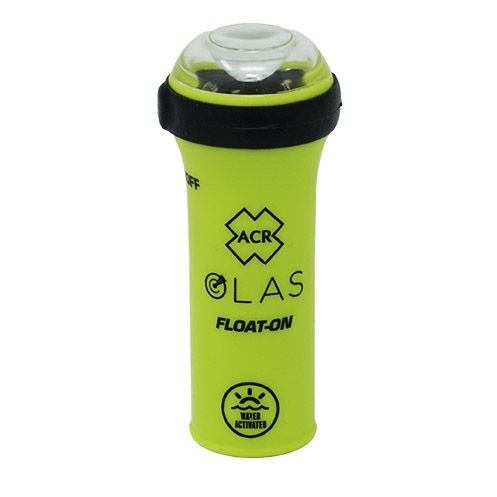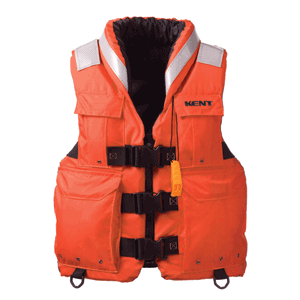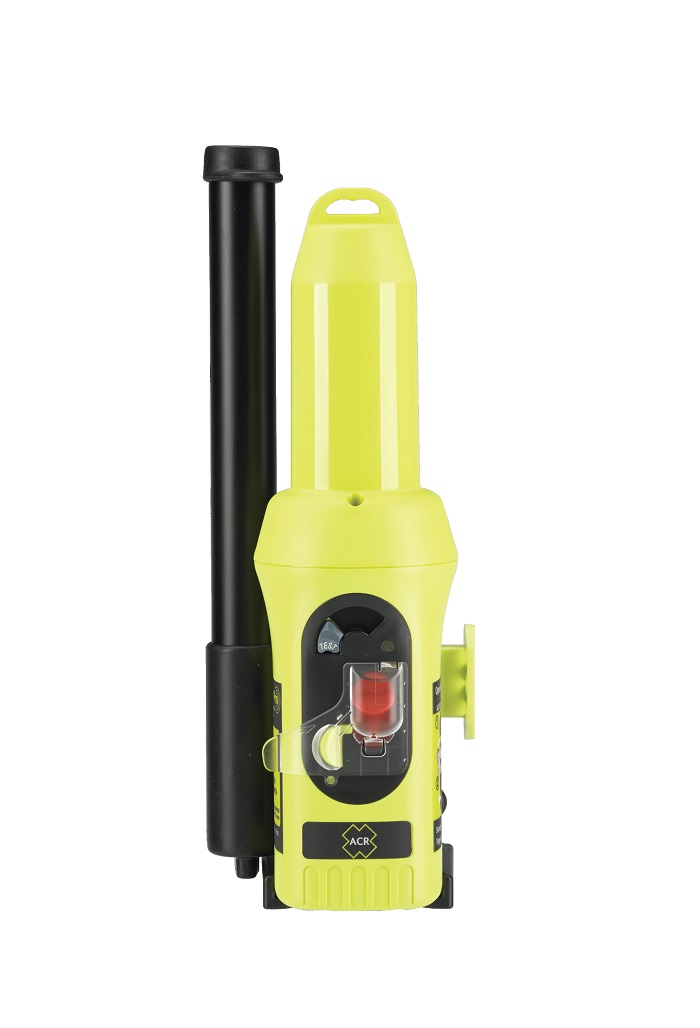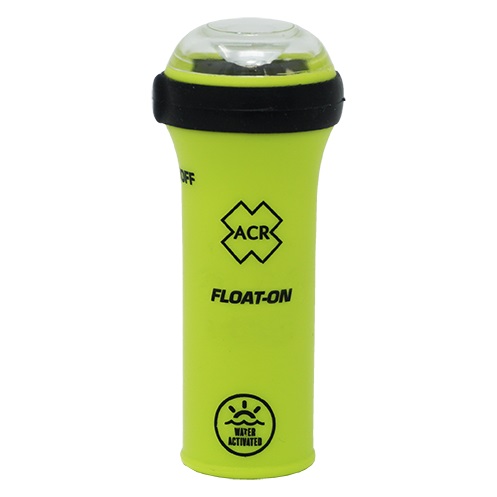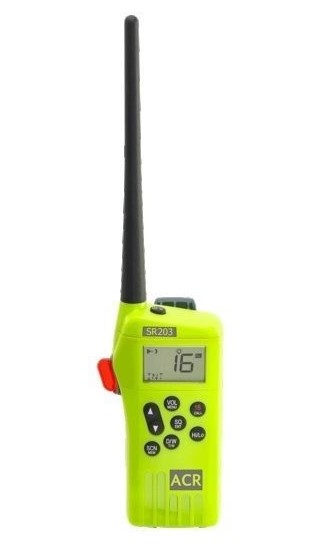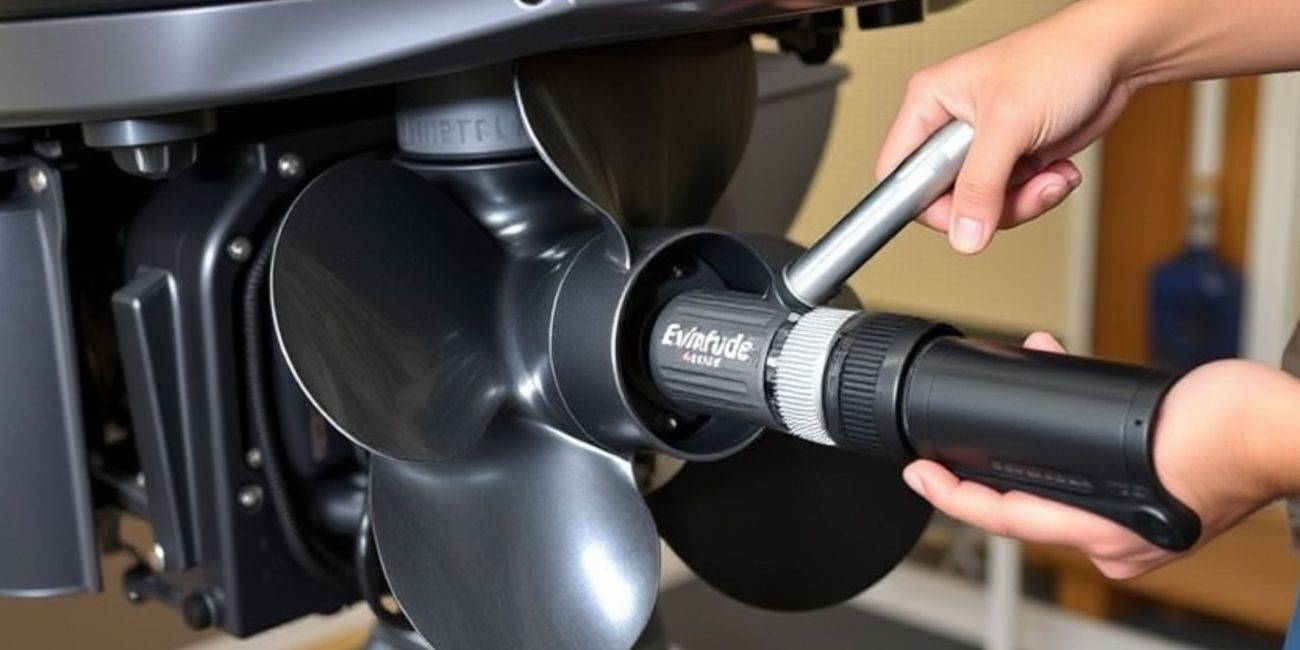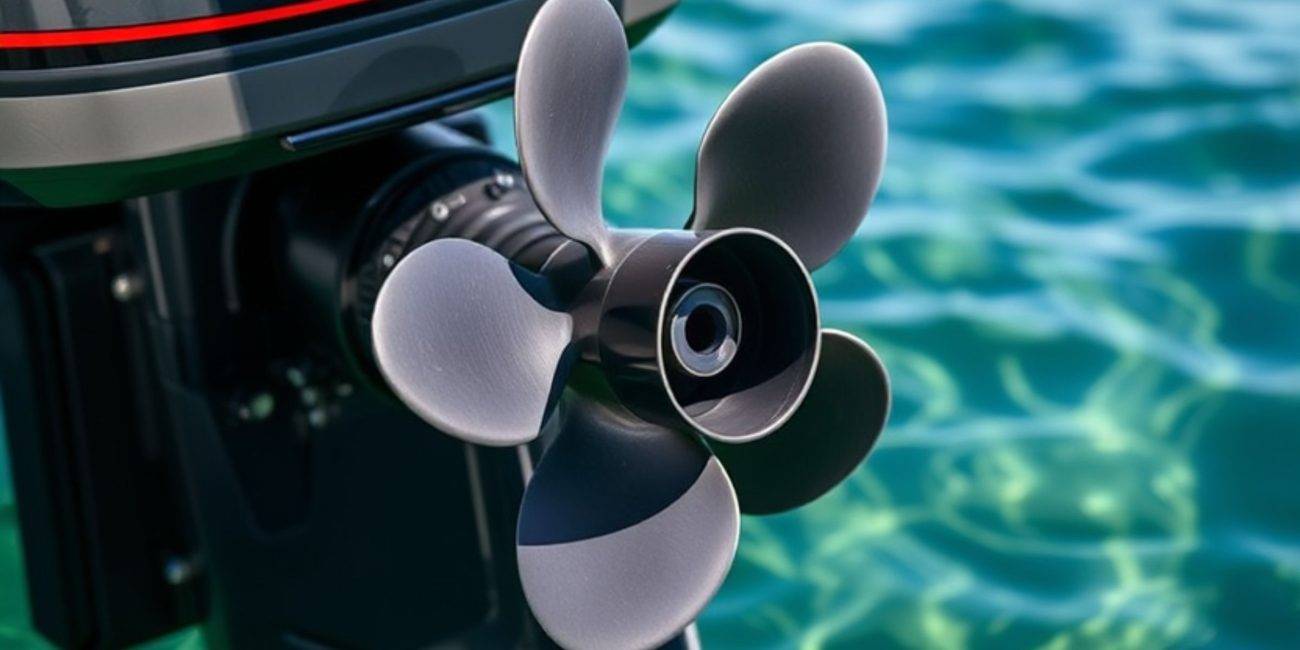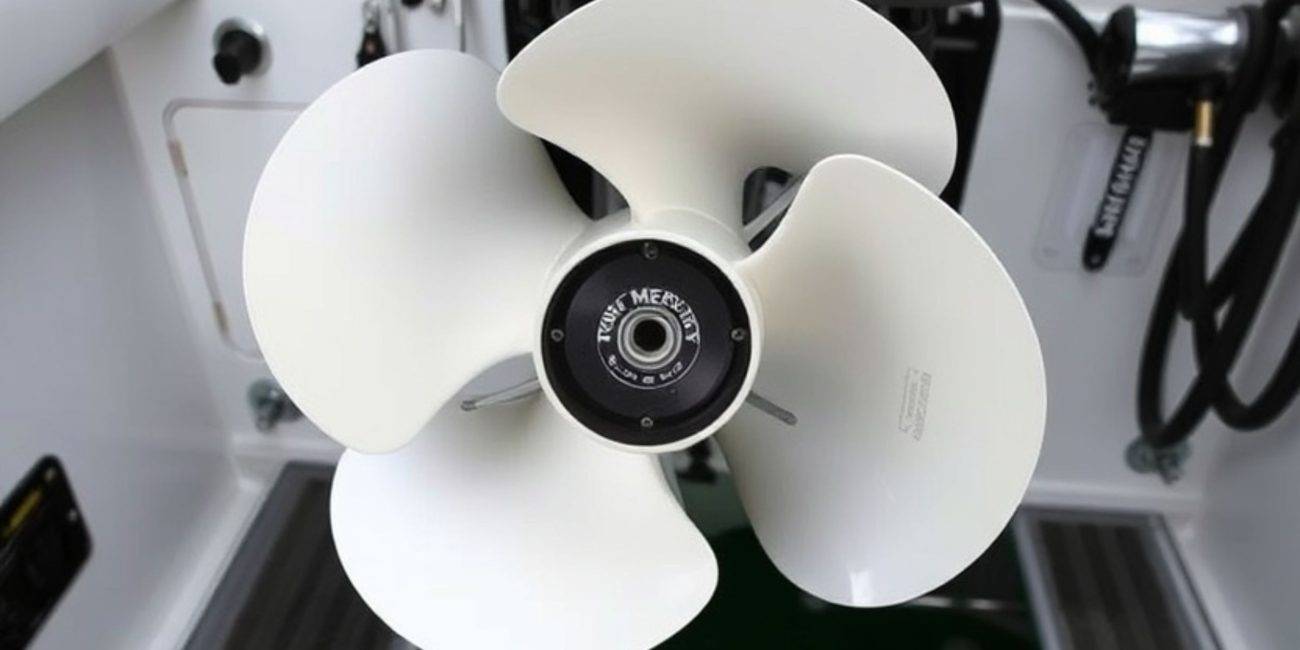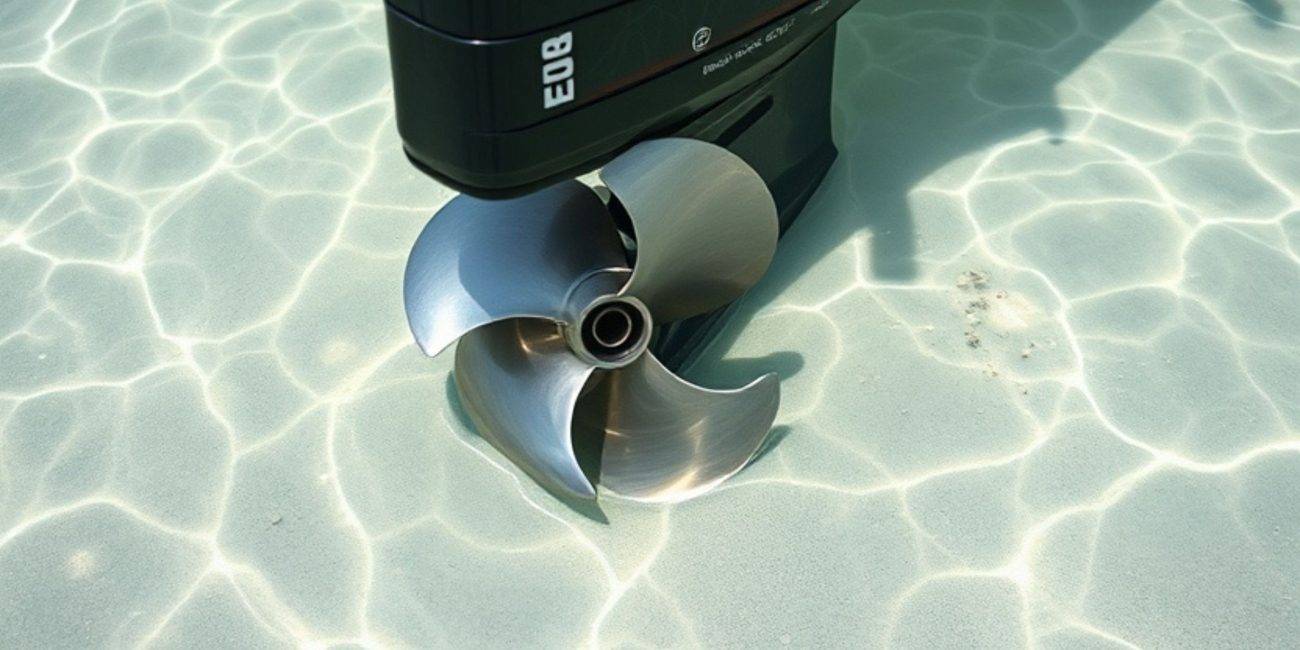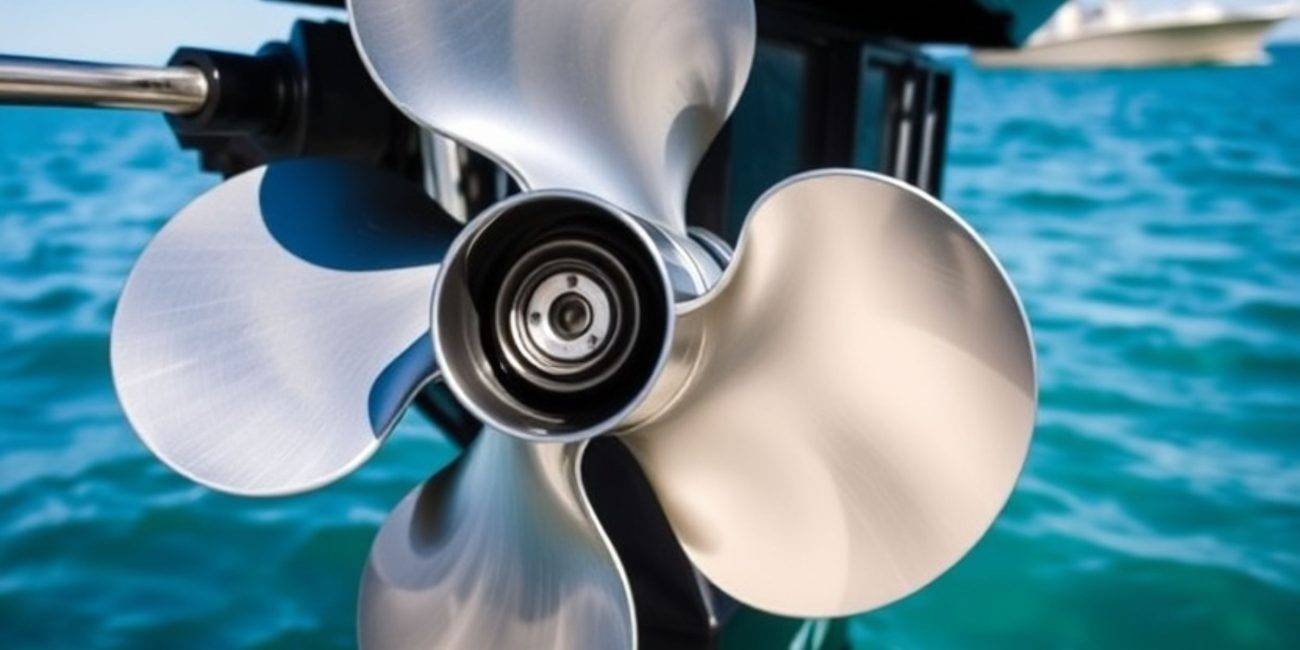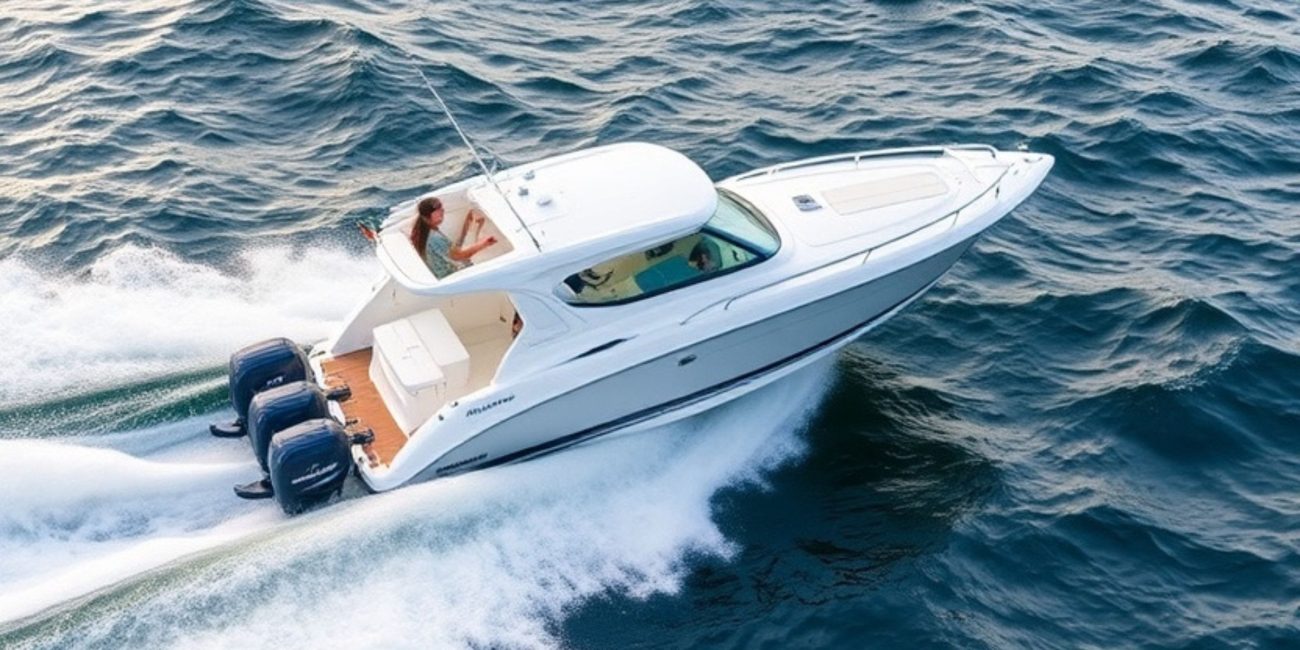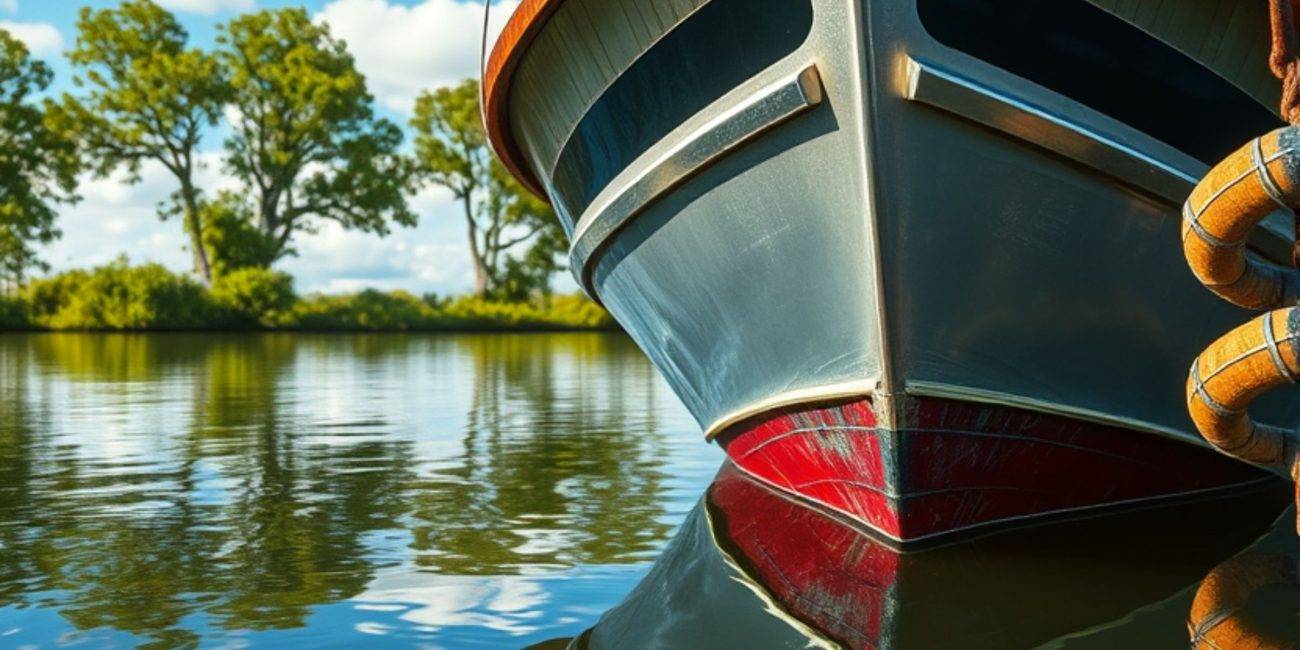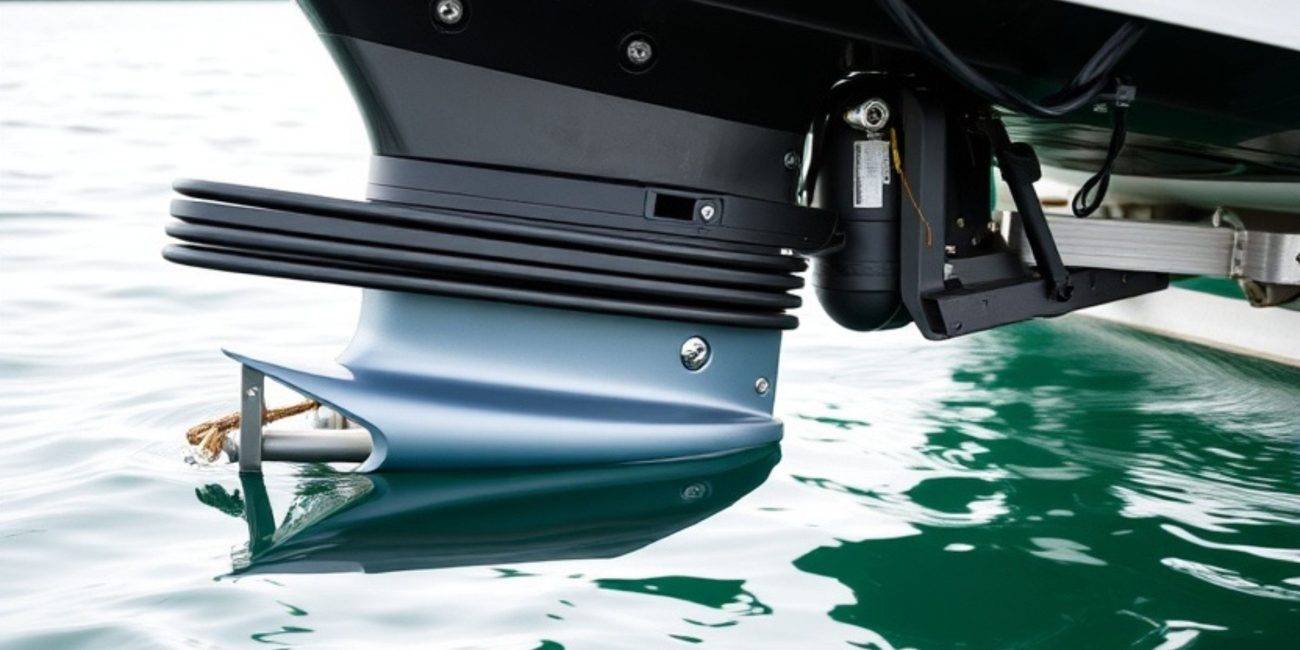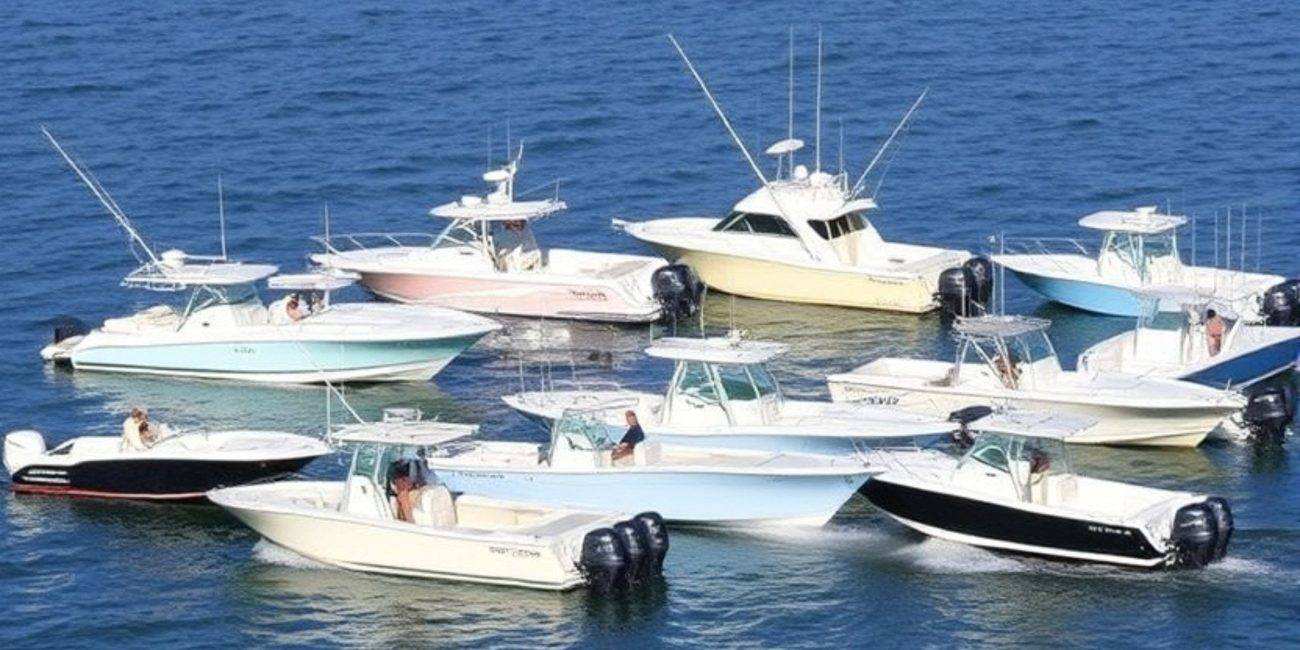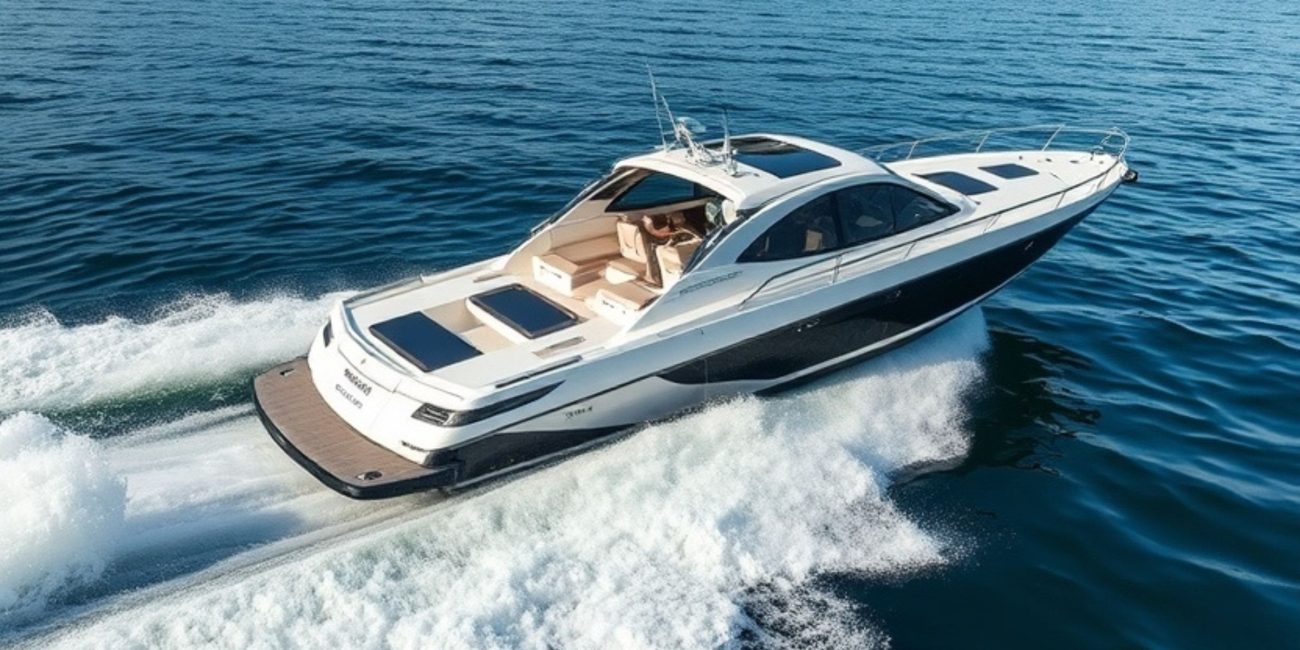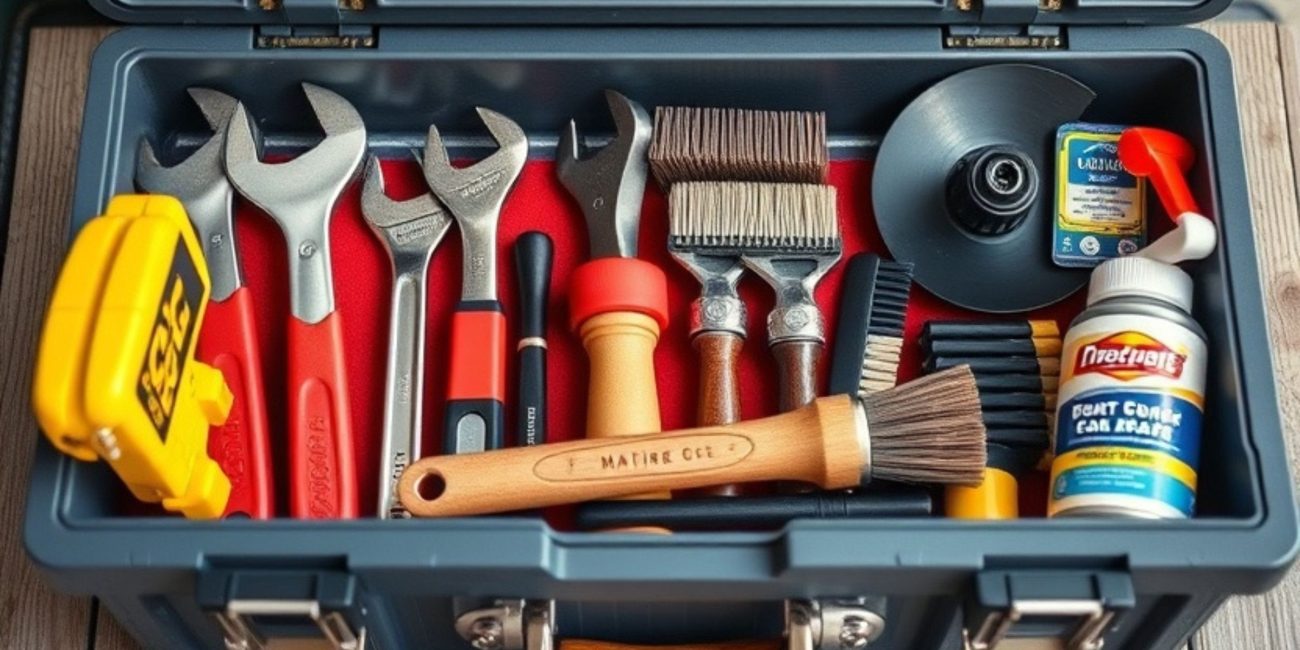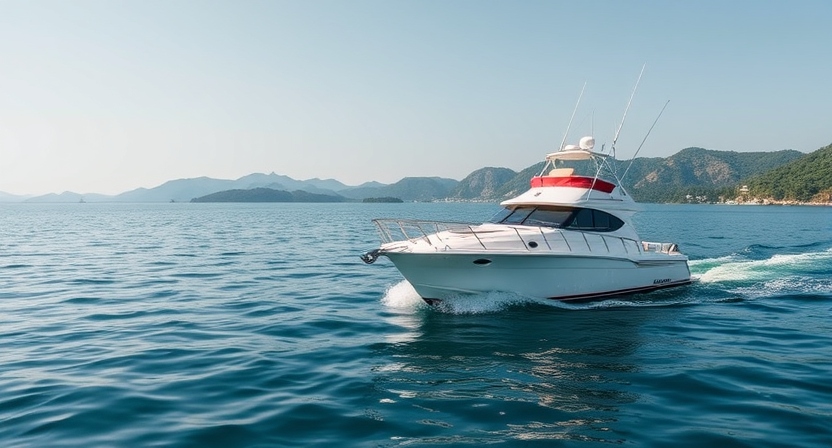Best Docking system for your boat
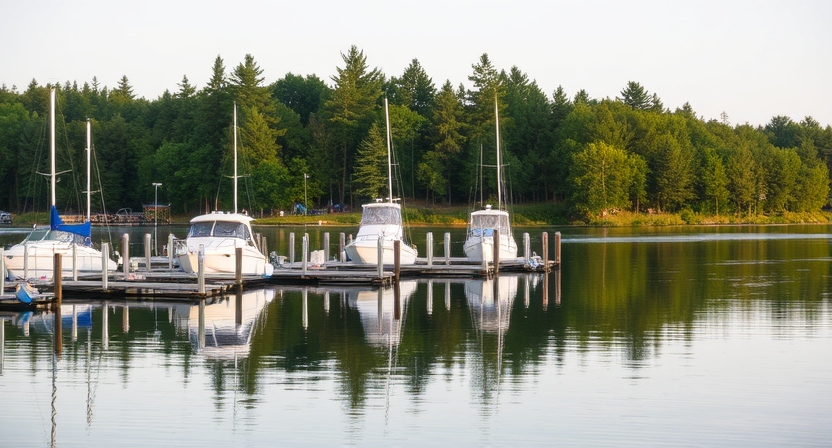
How to Choose the Best Docking System for Your Boat
Finding the best docking system for your boat is crucial for ensuring safety, stability, and ease of use. Whether you own a small fishing boat or a luxury yacht, the right docking system minimizes risks and simplifies the docking process. Key features like outboard lower units, durable materials, and adjustable designs play a significant role in secure docking.
This guide will walk you through selecting the best docking solution tailored to your specific boating needs.
Understanding Docking Systems
What Is a Docking System?
A docking system consists of the equipment and accessories used to secure your boat at the dock. These include:
- Dock Lines: Strong ropes designed to anchor your boat.
- Dock Fenders: Cushions that protect your boat from damage.
- Cleats and Bollards: Secure points for tying dock lines.
Why the Right System Matters
Choosing the right docking system ensures:
- Safety: Prevents accidental collisions or drifting.
- Durability: Protects your boat’s outboard lower unit and hull from damage.
- Ease of Use: Simplifies the docking process, especially in strong currents or windy conditions.
Types of Docking Systems
1. Fixed Docking Systems
Fixed docks are stationary and ideal for areas with minimal water level changes. They provide:
- Stability: Best for larger boats with heavier outboard lower units.
- Durability: Often made from wood or concrete for long-term use.
Tip: Use adjustable fenders for added protection against fixed dock edges.
2. Floating Docking Systems
Floating docks rise and fall with water levels, making them suitable for tidal areas.
- Flexibility: Adaptable to changing conditions.
- Compatibility: Ideal for smaller boats with lightweight outboard lower units.
Example: Modular floating docks are popular for their easy customization.
3. Mooring Systems
Mooring systems involve anchoring your boat to a fixed point offshore.
- Space-Saving: Keeps docks less crowded.
- Safety: Reduces risk of collision in busy marinas.
Pro Tip: Pair mooring systems with high-quality propellers for efficient maneuvering.
Key Features to Consider
1. Material Durability
Docking systems must withstand harsh marine environments. Common materials include:
- Stainless Steel: Resists corrosion and ideal for cleats and bollards.
- Marine-Grade Ropes: Strong and durable for long-term use.
2. Compatibility with Outboard Lower Units
Your docking system should accommodate your boat’s propulsion system. Ensure:
- Clearance Space: Avoid damage to your outboard lower unit when docking.
- Propeller Protection: Use fenders to prevent accidental impact.
3. Ease of Installation
Look for docking systems that are easy to set up and adjust, especially if you frequently dock in different locations.
Practical Tips for Choosing the Best Docking System
1. Assess Your Boating Environment
Consider factors like:
- Water Conditions: Tidal areas require floating docks, while calm waters suit fixed docks.
- Boat Size: Larger boats with heavier outboard lower units need robust systems.
2. Invest in Quality Accessories
- Fenders and Bumpers: Protect your boat from dock damage.
- Dock Lines: Choose UV-resistant ropes for durability.
3. Regular Maintenance
Maintain your docking equipment to extend its lifespan:
- Inspect for Wear: Check ropes, cleats, and fenders regularly.
- Clean Components: Remove salt and debris to prevent corrosion.
Conclusion
Choosing the best docking system for your boat enhances safety, convenience, and overall boating enjoyment. Whether you need a fixed dock, floating dock, or mooring system, prioritizing features like outboard lower units and durable materials ensures reliable docking solutions.
For more insights on boating equipment, read our previous blog post: Top Coastal Destinations for Boating Enthusiasts.
